Smart Education: The Goal of the Digital Transformation of Education
As the new round of technological revolution and industrial transformation deepens, digital technology is increasingly becoming a driving force that fundamentally transforms human social thinking, organizational structures, and operational models. It not only provides significant opportunities for innovating pathways, reshaping forms, and promoting development but also brings new challenges. “What is education and its way forward?” has become a topic of collective consideration for countries worldwide. The United Nations Education Transformation Summit pointed out that global education faces severe challenges and a learning crisis. Therefore, it is urgent to promote educational transformation and fully tap into the power of the digital revolution to ensure that quality education and lifelong learning are provided as a common interest and a human right for all, with particular attention to the most marginalized groups. China has set the goal of promoting educational digitalization and building a society and country where everyone pursues lifelong learning. The digital transformation of education is a systematic planning process carried out at the strategic level, implementing a comprehensive digitalization process across all elements, processes, businesses, and fields within the education system, expanding the coverage of “education for all,” widening the spatial scope of “learning anywhere,” and extending the temporal scale of “learning anytime.” This will create a learning society that meets the demands of lifelong learning for all and is open, flexible, and sustainable. As the desired form of the digital transformation of education, smart education is an educational behavior (system) provided by schools, regions, or countries that offer high learning experiences, high adaptability of content, and high teaching efficiency. It leverages modern science and technology to provide a range of differentiated support and on-demand services to students, teachers, parents, and others. Furthermore, it comprehensively collects and utilizes data on the status of participant groups and educational processes to promote fairness, continuous performance improvement, and the cultivation of educational excellence. The key to promoting the digitalization of education and developing innovative smart education lies in fostering digital thinking within the education system, strengthening digital support capabilities, developing high-quality digital learning content, and constructing a digital learning public service system for the entire population.
Cultivating Talents: the Central Focus of Smart Education
Education’s original intention and mission are to enlighten people’s wisdom and cultivate outstanding individuals. This is also the primary task and fundamental goal of smart education. The development of the times and the advancement of technology drive the changes in talent development goals and talent structures, prompting education to adapt and adjust accordingly. Smart education is a new form of education in the digital age. Smart education embodies “wisdom” emanating from teachers. Intelligent education represents “intelligence” empowered by the environment. The futures of education embodies the “transformation” of education forms. The new teaching models enlighten students’ wisdom, have surpassed the formal learning provided by schools, and moved towards integrating formal and informal learning. The diversity of students and individual differences are given due attention, allowing the realization of a “learner-centered” educational philosophy. A smart learning environment is a place or space for learning that can perceive learning situations, identify learner characteristics, provide appropriate learning resources and convenient interactive tools, automatically record learning processes, and evaluate learning outcomes to promote effective learning. The modern education system nurtures human intelligence, and artificial intelligence and big data will play a crucial role in its evolution. They will provide reform proposals and decision-making foundations for national education, school management, teaching, and talent development systems, ultimately enhancing the quality of talent cultivation.
Technology Empowerment: The Driving Force behind Innovative Development in Smart Education
With the continuous upgrading of the intelligent technology ecosystem, such as generative artificial intelligence, big data, the Internet of Things, and mobile communication, the fields of technology and education are actively permeating each other. Technology empowers education, while education adds value to technology. Education holds a fundamental, pioneering, and comprehensive position and role that empower, store, and enhance national competitiveness. Education is one of the practical fields of technology. The driving force of technological innovation contributes to and supports the high-quality development of education. The continuous upgrading of the intelligent technology ecosystem will serve students’ adaptive growth, support teachers’ professional development, and facilitate the advanced enhancement of smart learning environments. The increasing demand for quality education will be the natural driving force behind technological development. The mutual empowerment of technology and education will promote cross-domain integration, realize the integration and innovation of data, information, business, applications, and services, and enhance educational intelligence. As a result, learners will experience high satisfaction and enjoyment in receiving smart education services.
Data Governance: The Systematic Approach Driving the Orderly Advancement of Educational System Reform
As a new production factor, data is the foundation for digitalization, networking, and intelligence, profoundly transforming production methods, lifestyles, and social governance. “Presenting with data, deciding with data, managing with data, living with data” constitutes the fundamental mindset for the digital transformation of education. The development of smart education not only accumulates high-quality resources but also generates massive data treasures. Educational big data provides objective evidence and fresh perspectives for optimizing educational policies, innovating teaching models, and transforming educational measurement and evaluation methods.
The transformative power of data elements in education relies on necessary external conditions. It requires accelerating the improvement of the education data element market, emphasizing the security and ethical issues in data application, establishing a classification, grading, and authorization system, and focusing on enhancing educational data governance capabilities and user data literacy. This approach drives the balanced allocation of educational resources, precise teaching, educational evaluation reform, and digitized governance by leveraging data. The shift from “extensive management based on experience” to “intensive governance relying on data analysis” calls for a new model of data-driven educational governance. This entails building an education data brain, establishing secure and convenient data exchange channels, enhancing the perception, interconnection, computation, and processing capabilities of education data, promoting the orderly flow of educational data, realizing cross-regional, cross-level, and cross-departmental data sharing, supporting scientific decision-making, driving the reengineering of management business processes, achieving joint operations between internal and external school affairs, streamlining education services into a one-stop process, and improving the efficiency and quality of management services.

Cultivating Talents: the Central Focus of Smart Education

Smart Education: The Goal of the Digital Transformation of Education

Technology Empowerment: The Driving Force behind Innovative Development in Smart Education

Data Governance: The Systematic Approach Driving the Orderly Advancement of Educational System Reform
Opening Ceremony & Forum on Educational Digitalization and Lifelong Learning
Forum on Data Governance and Cognitive Development
Forum on Generative Artificial Intelligence and Futures of Education
Forum on Educational Digitalization Strategy and Policy Planning
Forum on the New Ecology of Regional Smart Education
Forum on Generative AI Large Models and Psychological Assessment
Student Forum on Design for Future Education
Forum on the Digital Transformation of Regional Education
Forum on Information Technology-supported Innovative Comprehensive Evaluation of Students
Forum on Youth Skills Development and Digital Transformation
Forum on Digital Education and Digital Economy
Forum on Teacher Digital Competences and Innovative Talent Cultivation Model
Forum on Digital Campus and Intelligent Educational Equipment
Forum on Smart Village and Rural Education Transformation
Forum on Technology-Empowered Educational Transformation & Closing Ceremony
77
Continuously updated...

Minister of Education, Zambia

the Cabinet Secretary for Education, Kenya

Co-chair of Program Committee, Director of UNESCO IITE

Board Member of UNESCO IITE, Chair Professor of Smart Learning Institute of Beijing Normal University

Director,Southeast Asian Ministers of Education Organization(SEAMEO) Secretariat

Policy and Planning Specialist, Southeast Asian Ministers of Education Organization (SEAMEO) Secretariat

Director, UNESCO IICBA

Vice-Chancellor,Rwanda Polytechnic

Senior Director, International Partnerships, ISTE

CEO/Executive Director of Michigan’s Talent Together

Director,UNESCO International Institute for Higher Education in Latin America and the Caribbean(IESALC)

Secretary General,International Council for Open and Distance Education(ICDE)

Chancellor,University of Goroka

Head of Partnership and UN. Liaison Unit, UNESCO IESALC

Director, Instituto Multidisciplinar de Formação Humana com Tecnologias (IFHT/UERJ)

Director of ICT Department, Arab League Educational, Cultural and Scientific Organization(ALECSO)

Director General, Arab League Educational, Cultural and Scientific Organization (ALECSO)

Open University of Kenya

Editor-in-Chief of Australasian Journal of Educational Technology; Associate Professor, Queensland University of Technology,Australia

Senior Regional Director (Greater China), Times Higher Education, Singapore

Director of UNESCO MGIEP

Director of the Education Innovation and Skills Development Department at UNESCO Bangkok Office

Past Chair,Information for All Programme(IFAP)

Chair holder of the UNESCO Chair “Global Health & Education”

Chair of the Commission on Education of Rehabilitation International

Director of Telecommunication Development Bureau Chief of Department, Partnerships for Digital Development, ITU

Full Professor, State University of Campinas

Chair-holder,UNESCO Chair on Harnessing lnnovations in Technology toSupport Teachers and Quality Learning
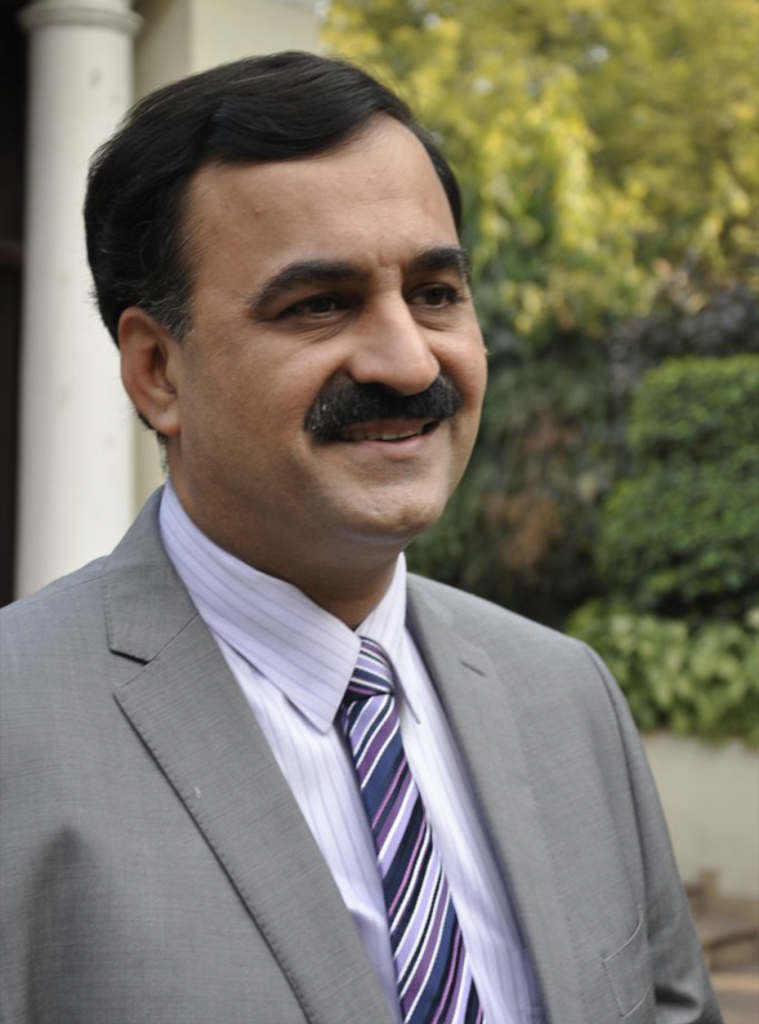
Chairman,International Commission on Cyber Security Law

Director of Centre for Flexible Learning,University of the South Pacific

Chief of Unit of ICT in Health Education,UNESCO IITE

Education Innovation Lead, Asia-Europe Foundation(ASEF)

Lead Specialist in Educational Technology Division, Ministry of Education, Singapore (MOE)
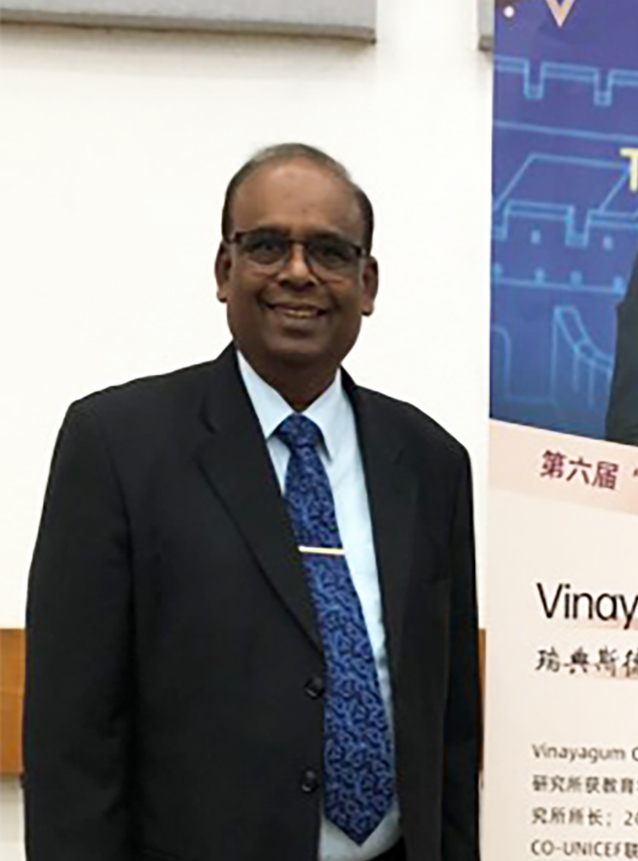
Emeritus Professor,Stockholm University

Vice-Chancellor,Open University of Kenya

Deputy Director of Policy Department,Ministry of Education, Youth and Sport, Cambodia Bojana

Rector, Virtual University of Pakistan

Vice-Rector, University of National Academy of Sciences of Belarus

Vice-Rector for Academic Affairs,Belarusian State Pedagogical University

Editor-in-chief of International Journal of Educational Technology in Higher Education Professor in the Psychology and Education Sciences Department Universitat Oberta de Catalunya,Spain

Professor,Université Côte d'Azur

Professor,Université Côte d'Azur

Managing Director, Books,Springer Nature

The Dean of the Faculty of Philosophy ,propn University of Banja Luka,Bosnia and Herzegovina

CEO of Contact North

Leader of Ishmael Consulting

Author、Consultant of Ishmael Consulting

Chief Academic Officer, Lumen Learning

Chief of Unit of Teacher Professional Development and Networking,UNESCO IITE

Chief of Unit of Digital Pedagogy and Learning Materials,UNESCO IITE

Vice President of Economics, University of Havana, Cuba

Professor,Federal University of Rio de Janeiro

Cloud Director, Centre de Calcul El-Khawarizmi, Ministry of Higher Education and Scientific Research

Professor of Addis Ababa University

Chancellor, University of Goroka

Vice Chancellor,University of Goroka

Executive Director,University of Goroka Institute of Technical Vocational Education and Training

CEO, The Kenya School of TVET

Founder Director-General,Open University of Mauritius

Interim Vice Chancellor,Tonga National University

Interim Executive Editor of Distance Education; Professor, Griffith University,Australia

Chancellor and President,Griffith University

Pro Vice-Chancellor (Educational Innovation) , University of Sydney

Professor Emeritus, Charles Darwin University

Executive Director of Education Transformation, The University of Adelaide, Australia
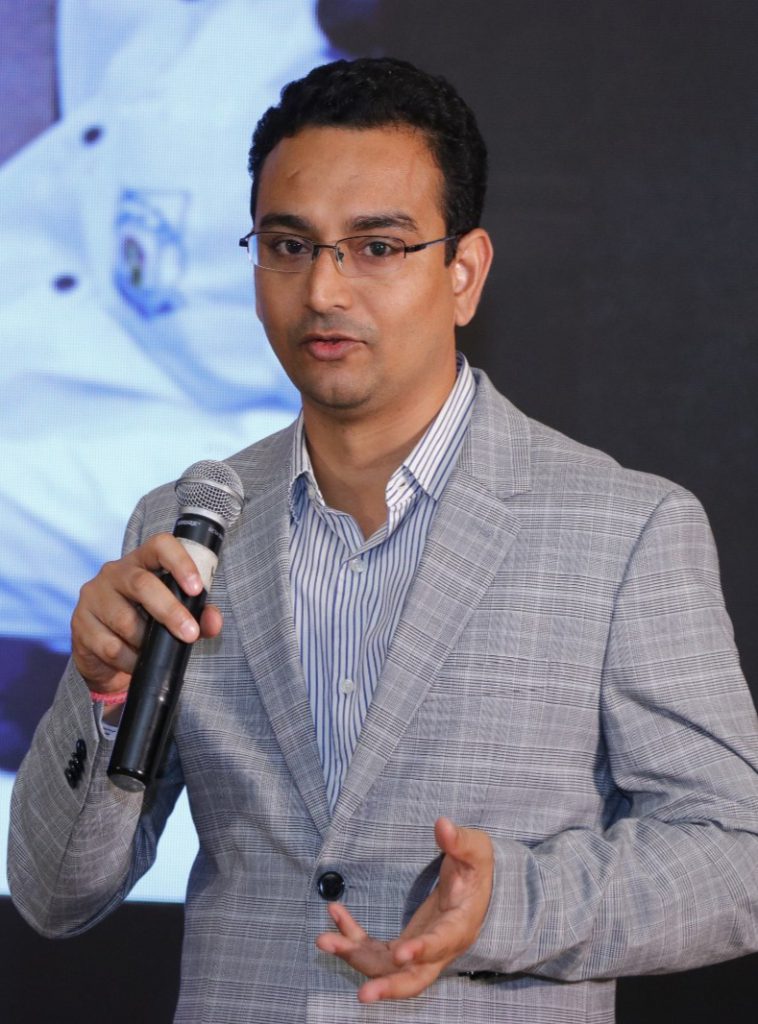
Assistant Professor, Advanced Technology Development Centre,Indian Institute of Technology Kharagpu

Chairman, SMK Global Teknologi

University Council Chairman, University of Technology and Education, The University of Danang
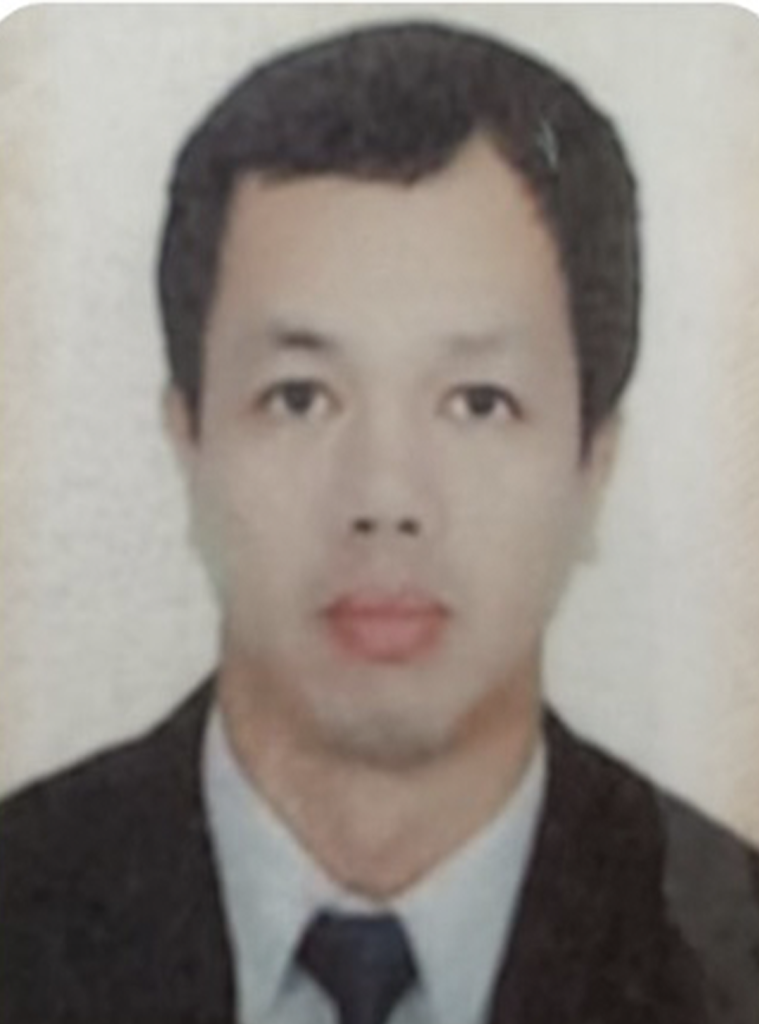
Head of Academic Office, National Polytechnic Institute of Cambodia (NPIC)

Deputy Director, Department Of Polytechnic And Community College Education Malaysia
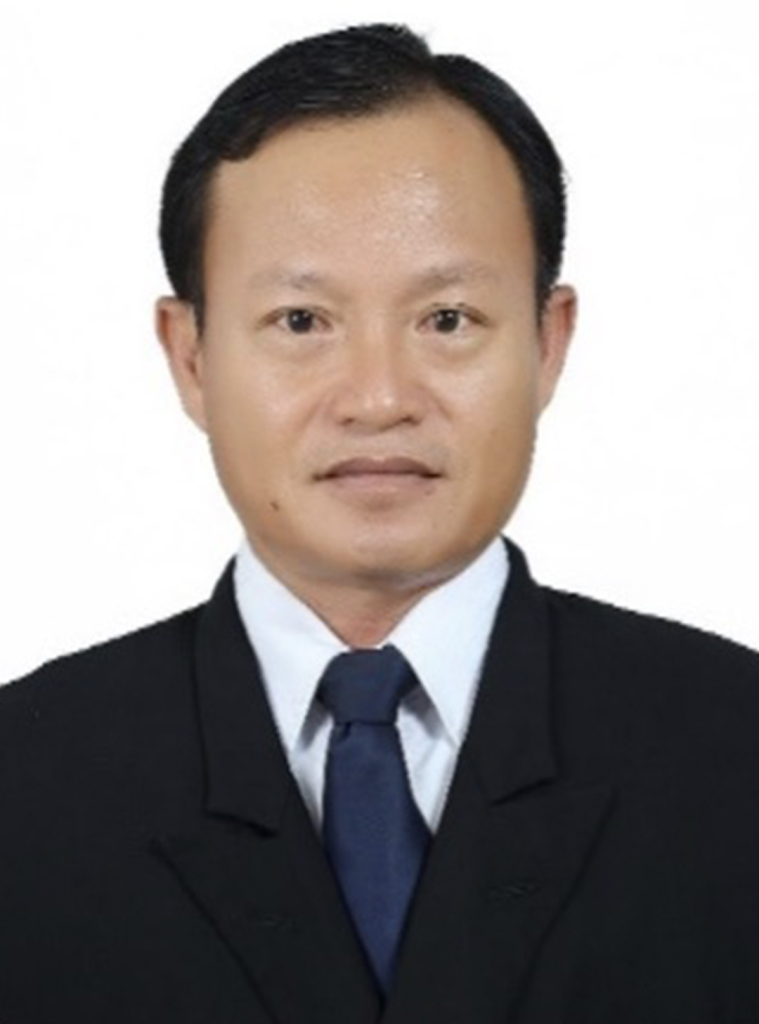
Head of Academic Office, National Polytechnic Institute of Cambodia (NPIC)

Head of Industrial Department of EASTERN TECHNOLOGICAL COLLEGE (E.TECH)

Vice president of Attawit Commercial Technology College and -Southeast Bangkok University

Dean of Faculty of Electronics, National Polytechnic Institute of Cambodia

Higher Education Commissioner, Mauritius

Minister of Higher Education and Scientific Research, Egypt
184
Continuously updated...

Secretary of the Party Committee, Beijing Normal University, China; Director of the Council of Beijing Normal University, China; Chairman of National Engineering Research Centre of Cyberlearning and Intelligent Technology, China

Academician of Chinese Academy of Engineering

President, Beijing Normal University, China; Academician of the Chinese Academy of Sciences; Fellow of the World Academy of Sciences for the Advancement of Science in Developing Countries; Foreign Member of the Academia Europaea; Foreign Member of the Royal Swedish Academy of Sciences

Academician of Chinese Academy of Engineering; President, Tongji University, China

Academician of Chinese Academy of Engineering; President, Zhejiang University of Technology, China

Steward, The Hong Kong Jockey Club;Chairman, Institute of Philanthropy;Council Chairman, City University of Hong Kong
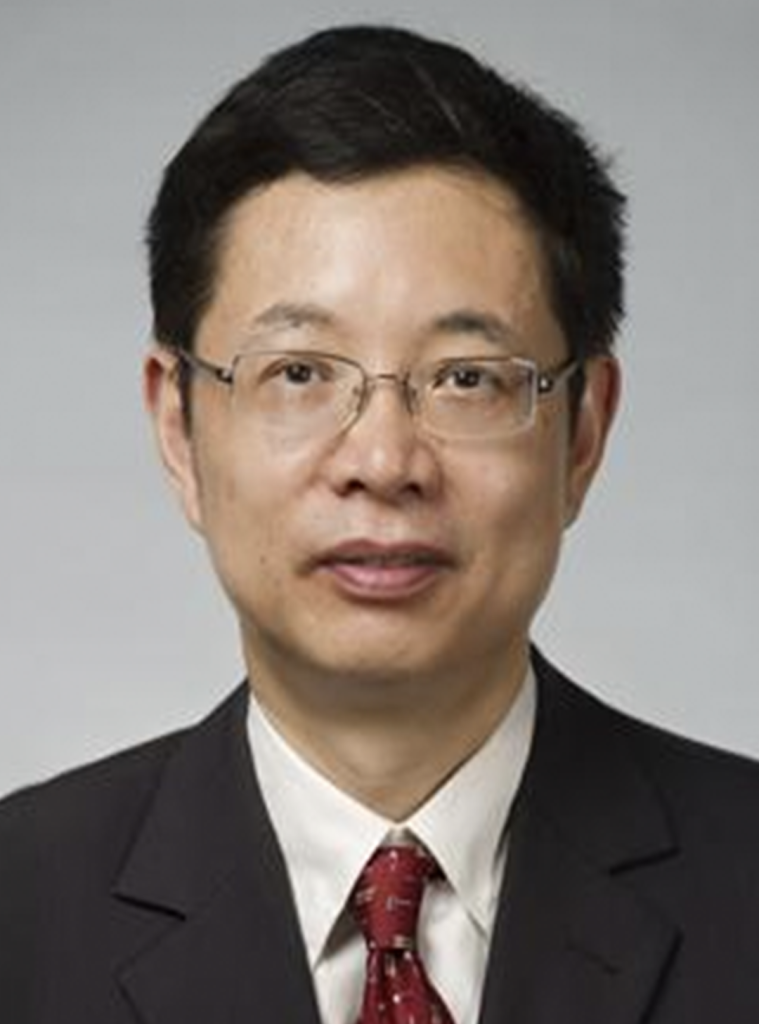
President, Wuhan University of Technology, China

Professor, Guangdong University of Technology

President, The Education University of Hong Kong

Vice President, China Association of Higher Education

Director of Qinghai Provincial Department of Education, China

Level I Bureau Rank Official, Sichuan Provincial Department of Education, China
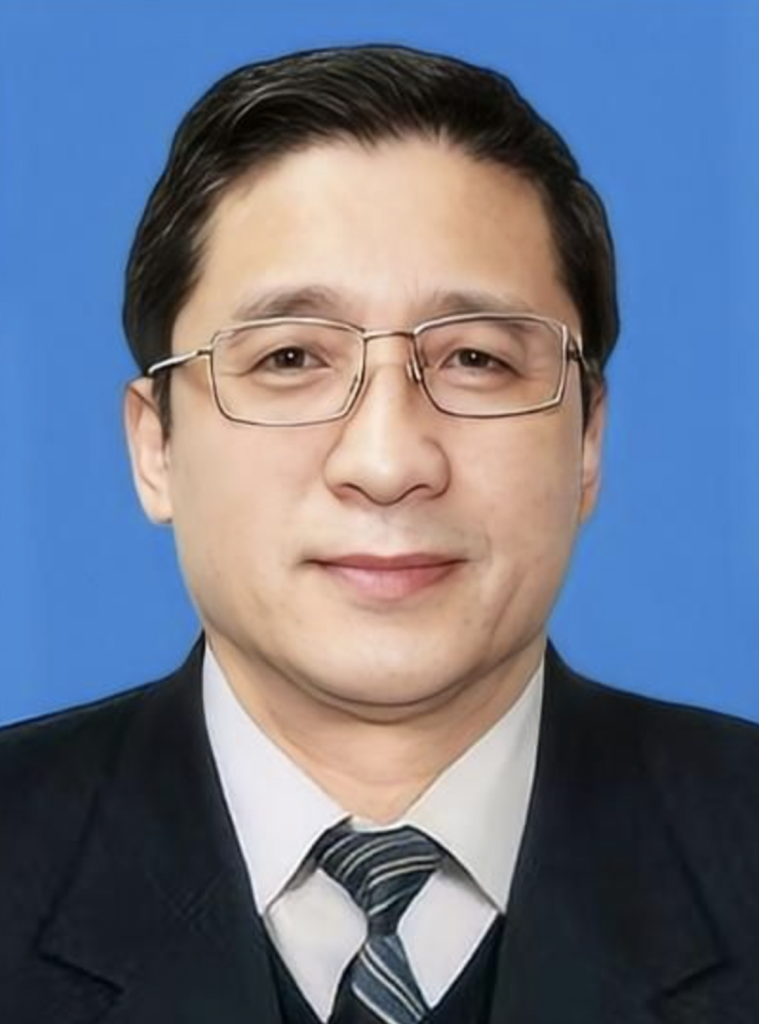
Deputy Director, Heilongjiang Provincial Department of Education, China

President, China Industry-University-Research Institute Collaboration Association

Dean, Chinese Academy of Press and Publication

Deputy Director, The Administrative Center for China’s Agenda 21

Deputy Director, Department of Social Affairs, The Administrative Center for China’s Agenda 21
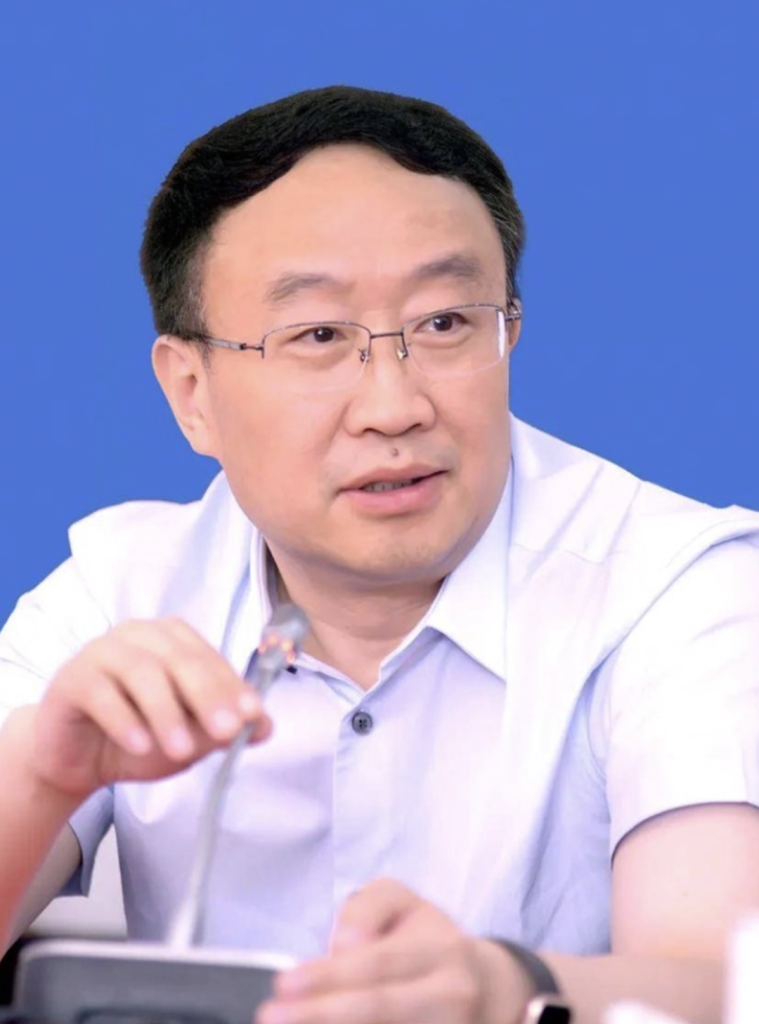
Executive Vice President, CIUR, China
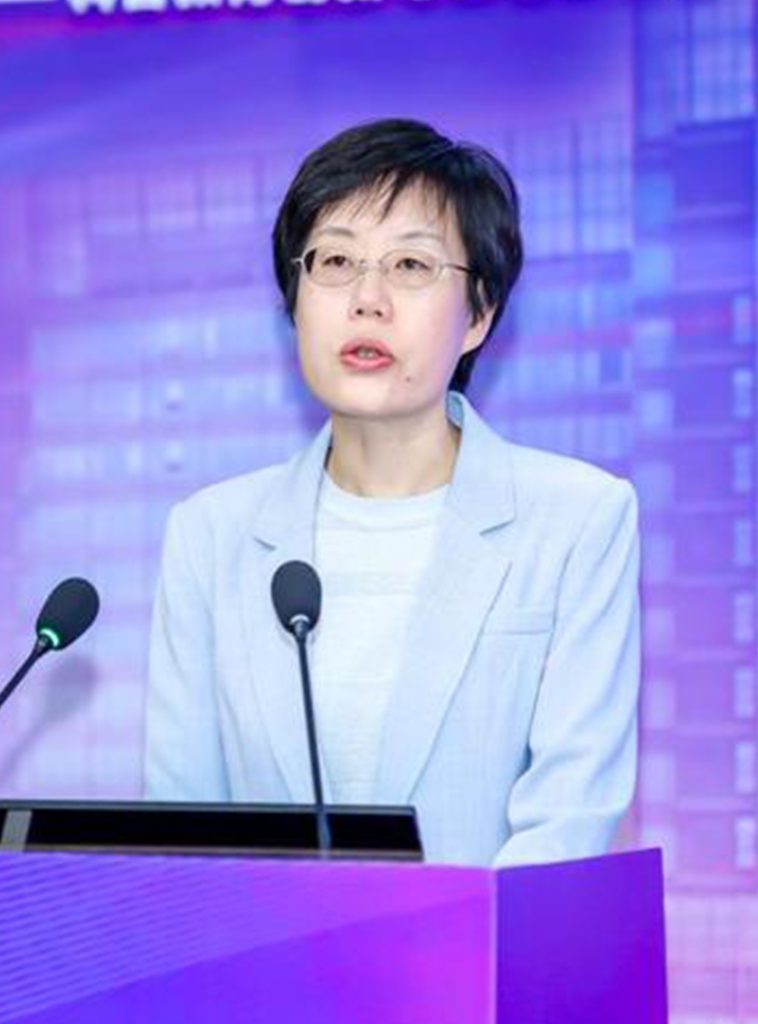
Deputy Director, Department of Science, Technology and Informatization, Ministry of Education, P.R. China

Member of Experts at the Ministry of Education’s “Smart Education Demonstration Zone” Construction Project, P.R.China

Secretary General, China Educational Equipment Industry Association (CEEIA)

Vice President and Secretary General of the Chinese Society of Education, China

Vice President, Beijing Normal University, China
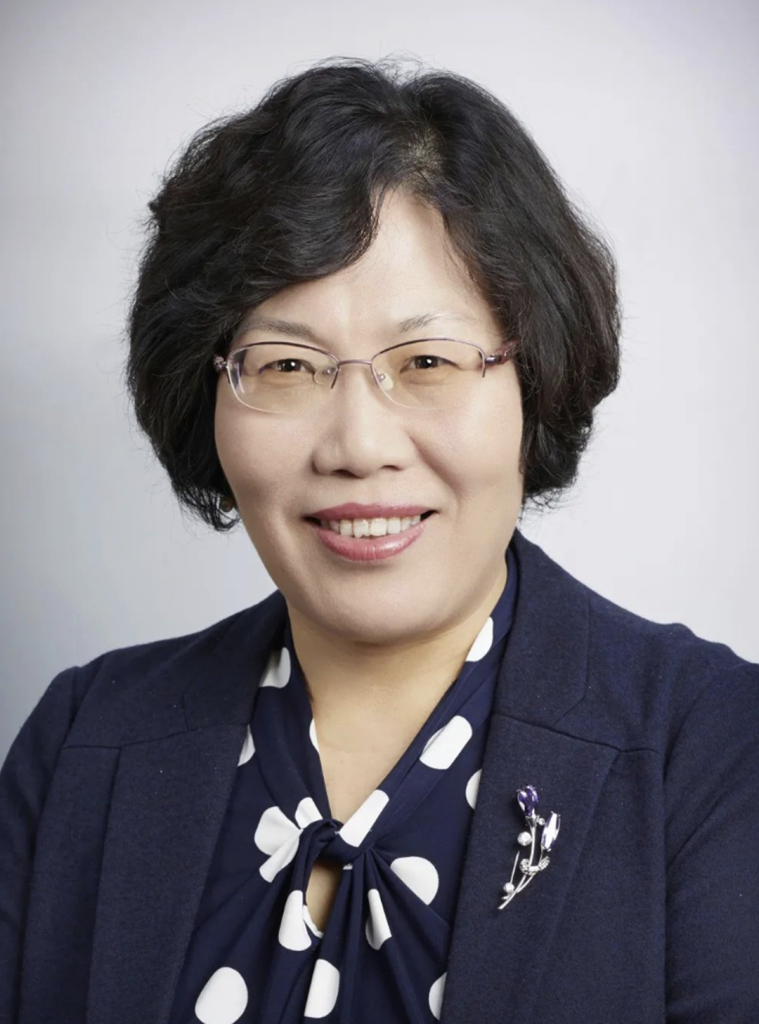
Professor, Beijing Normal University, China

Tenured Professor, East China Normal University, China
.png)
Founder of Beijing Design Society, China

Vice Director of the University Council of Beijing Normal University

Dean, Faculty of Education, Beijing Normal University, China

Director, Office of International Exchange and Cooperation, Beijing Normal University, China

Co-Dean of Smart Learning Institute of Beijing Normal University , Chairman of NetDragon

Co-chair of Program Committee, Co-Dean of Smart Learning Institute of Beijing Normal University

Director of Education Information Technology and Network Security Division, Department of Science, Technology and Information, Ministry of Education

Vice rector,Chinese University of Hong Kong

Director of the Institute for Higher Education Research and Development, The Hong Kong Polytechnic University

Programme Director,CoolThink@JC

Professor; Executive Deputy Director, Educational Informatization Strategy Research Base (Central China), Ministry of Education, P.R.China

Co-director of the Lab of Knowledge Modeling and Analysis of National Engineering Research Centre of Cyberlearning and Intelligent Technology, China

Vice Director, Educational Informatization Strategy Research Base (Beijing), Ministry of Education, P.R.China

Director, Changsha Municipal Education Bureau, China

Director, Education Bureau of Minhang District, Shanghai, China

Director, Longhua District Education Bureau, Shenzhen City, Guangdong Province, China

Deputy Director, Education Bureau of Wuhu City, Anhui Province, China

Professor at the Faculty of Education, Beijing Normal University

Co-founder and Chairman of Onion Academy

Deputy Director of Education and Youth Development Bureau,Macao Special Administrative Region

Associate Dean (Research) of the Faculty of Education,University of Macau, China

Director of Educational Development, The Hong Kong Polytechnic University

Director of Artificial Intelligence and Digital Competency Education Centre,The Education University of Hong Kong

Director, Public Service Bureau of Chongqing High-tech Zone, China

Member of the Education Work Committee of the Hunan Provincial Committee

Director, Education Bureau of Baoshan District, Shanghai City, China
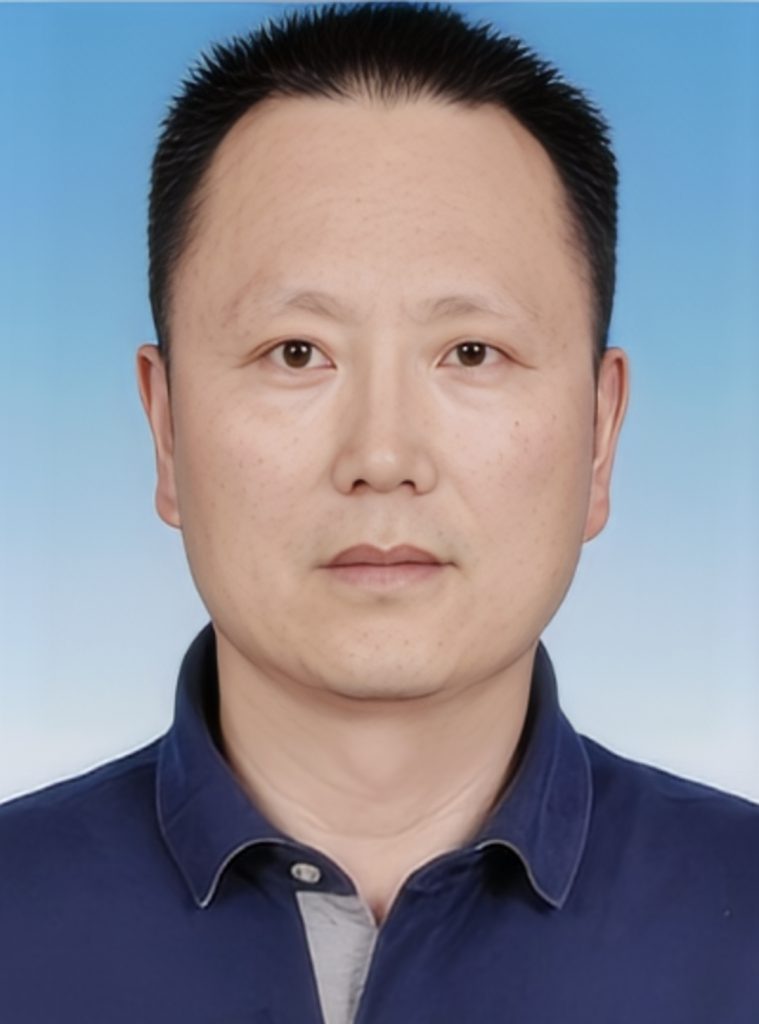
Director, Karamay Education Bureau, China
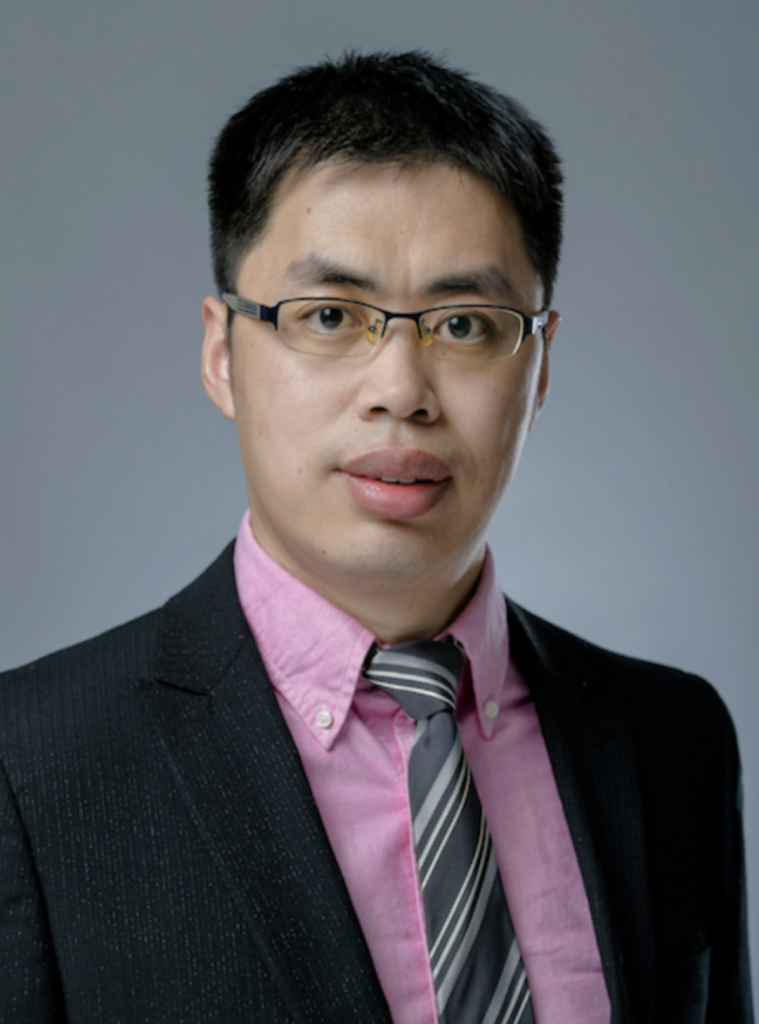
Associate Professor, School of Life Sciences, East China Normal University, China

Deputy Director, Education Bureau of Furong District, Changsha City, Hunan Province, China

Vice Principal & Senior Teacher, Wusong Middle School, Baoshan District, Shanghai City, China

State Key Laboratory of Cognitive Neuroscience and Learning, Beijing Normal University, China

Director, Education and Sports Bureau of Shizhong District, Zaozhuang City, Shandong Province, China
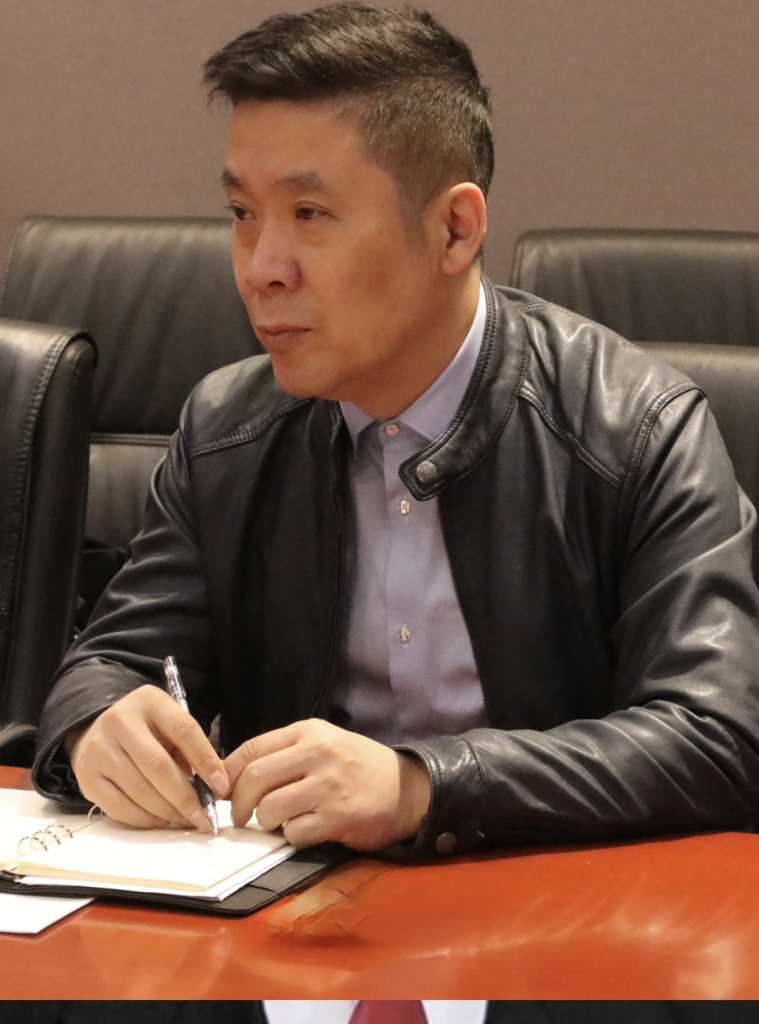
Deputy Director, Education Bureau of Tianjin City, China

Director, Education Bureau of Dadong District, Shenyang City, Liaoning Province, China

Deputy Director, Education and Sports Bureau of Honggutan District, Nanchang, China

Professor, Nanjing University, China

President, Haidian Institute of Education Science, Beijing, China
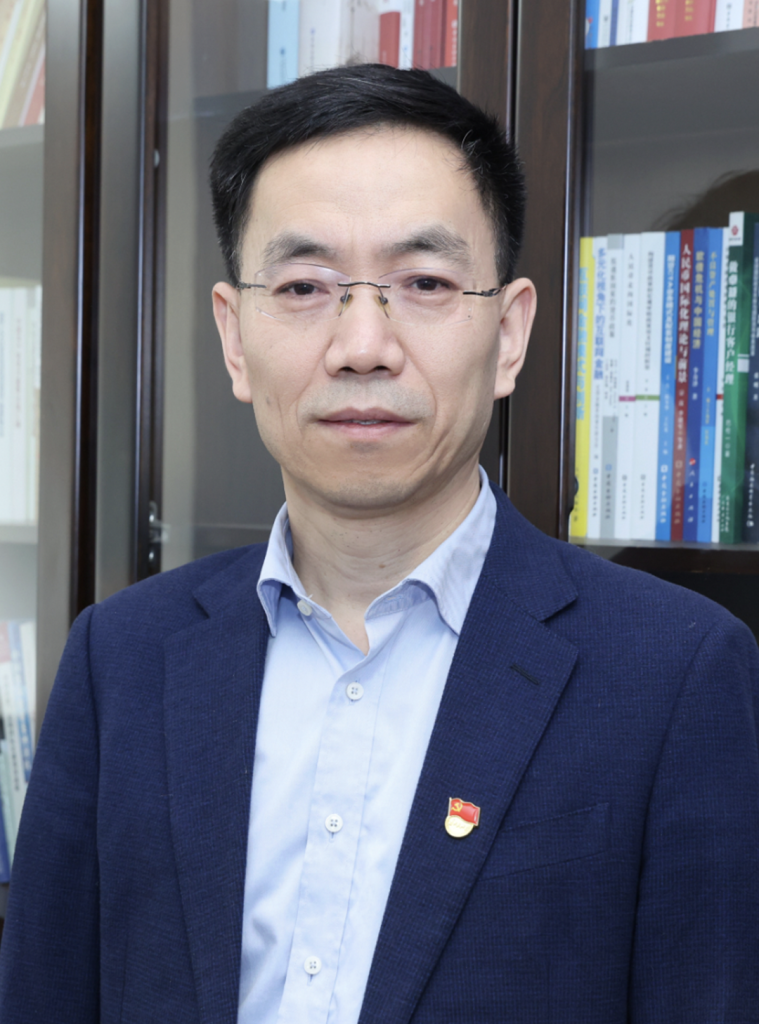
Professor, Vice President, Central University of Finance and Economics, China
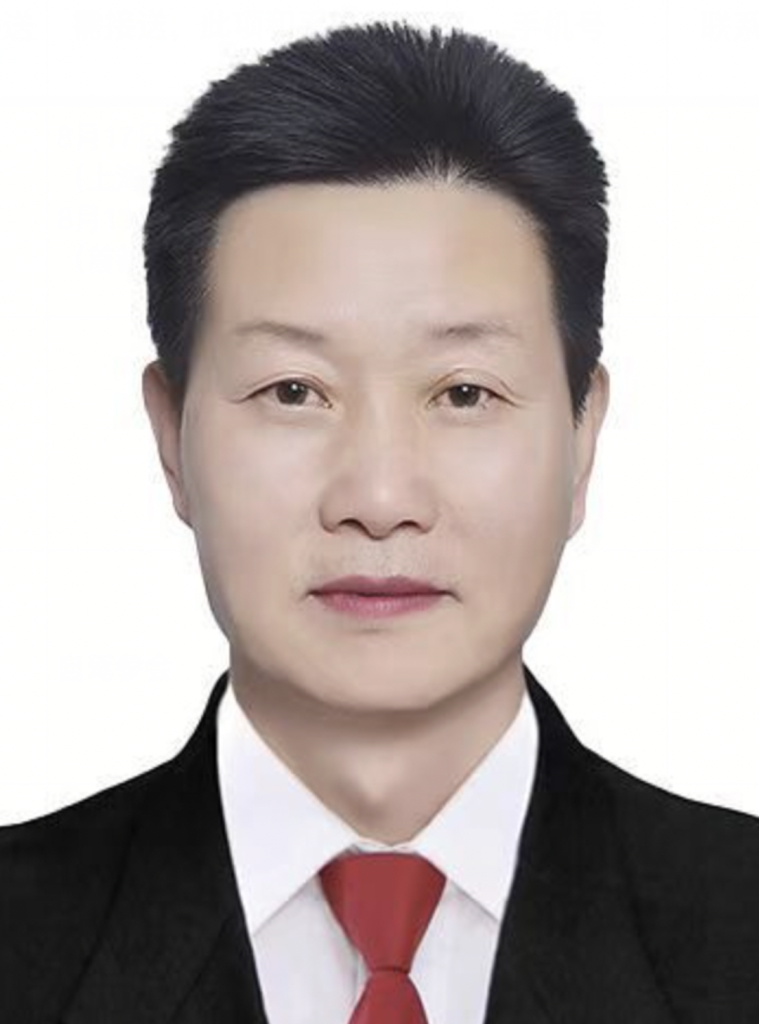
Deputy Director, Education Bureau of Wuhu City, Anhui Province, China

Director, Education and Sports Bureau of Linzi District, Zibo City, Shandong Province, China

Vice President, NetDragon Websoft Inc.; Vice Dean, Smart Learning Institute of Beijing Normal University, China

Professor, Zhejiang University, China
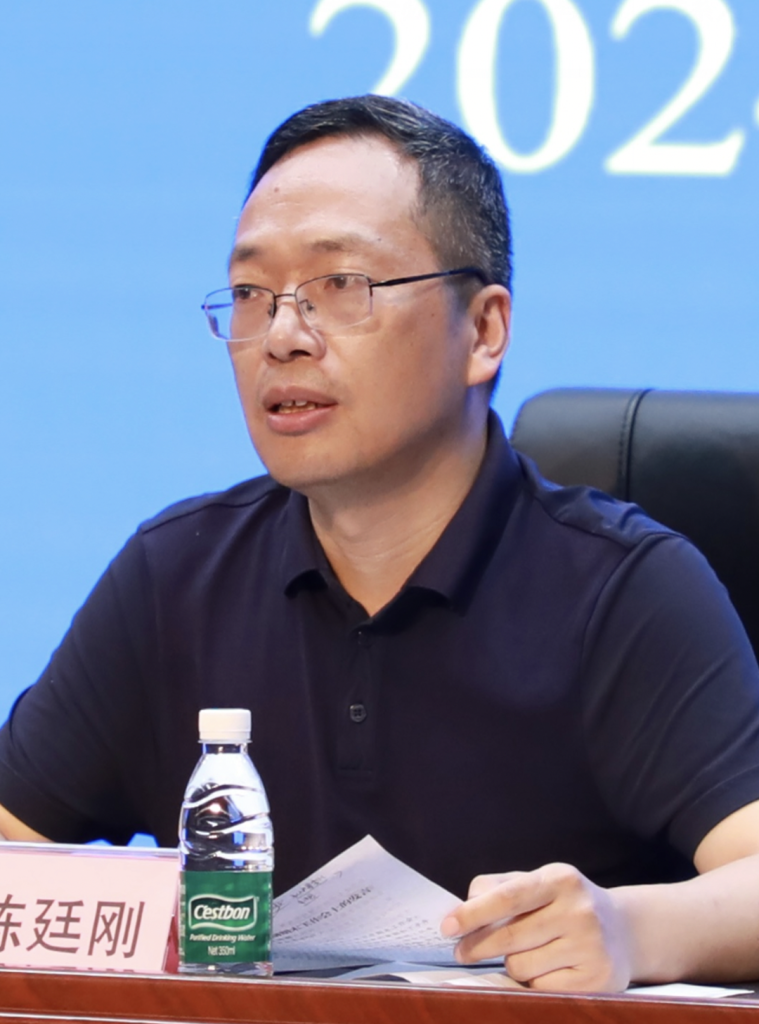
Director, Shuangliu District Education Bureau, Chengdu, China
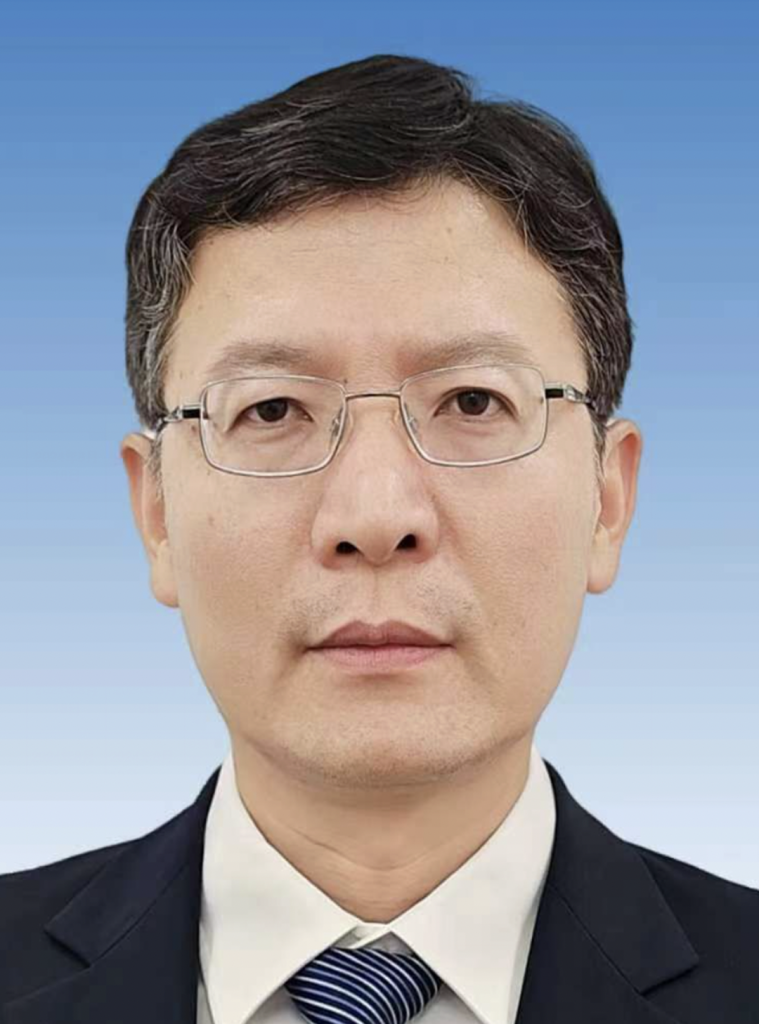
Director & Party Secretary, Nanhai District Education Bureau of Foshan City, China

Associate Professor, Beijing Normal University, China

Dean, Chengdu Education Research Institute, China

Deputy Director, Luoyang Xigong District Education Bureau, China

Principal, Yuxin Primary School, Yuhua District, Changsha City, Hunan Province

Vice Dean, School of Information Technology in Education, South China Normal University, China
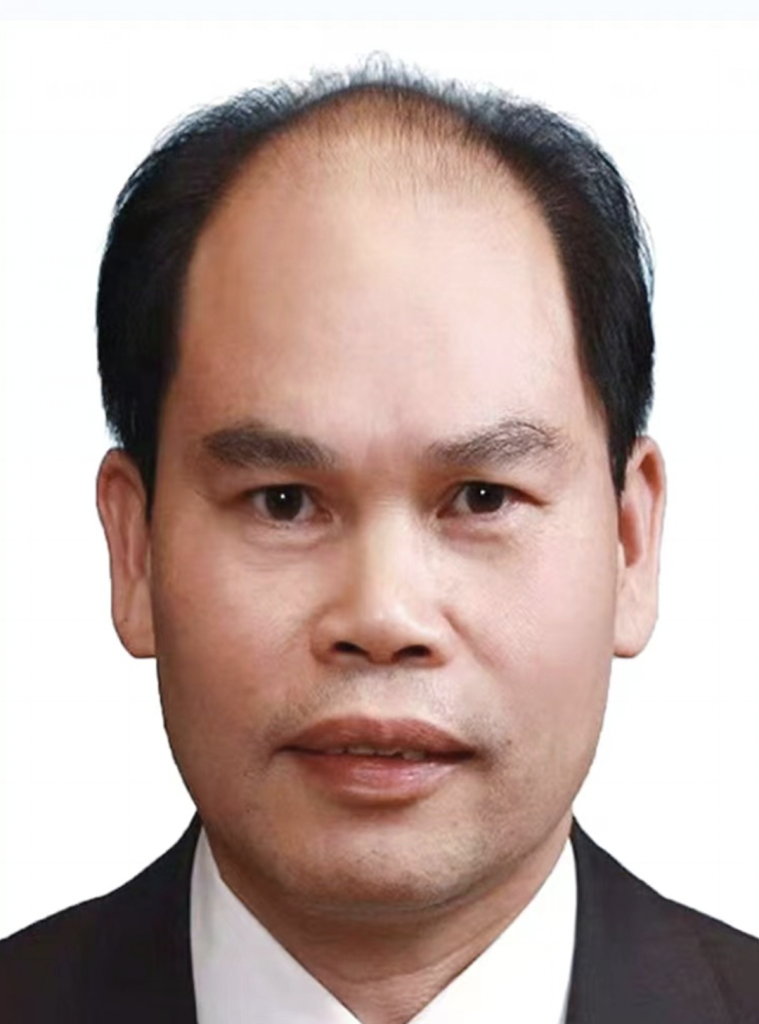
Former Director, National Library of China

Director, Publishing Research Institute, Chinese Academy of Press and Publication; Director, National Reading Research and Promotion Center
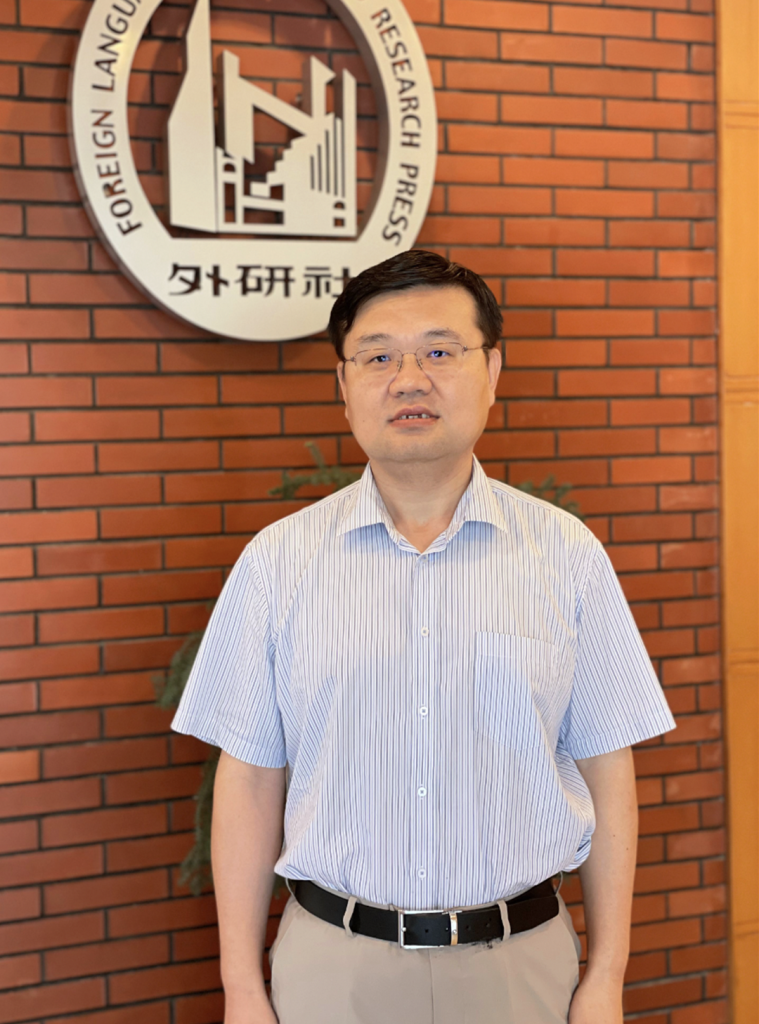
Chief, Reading and Publishing Sub-branch, Foreign Language Teaching and Research Press

Dean, Yinling Academy
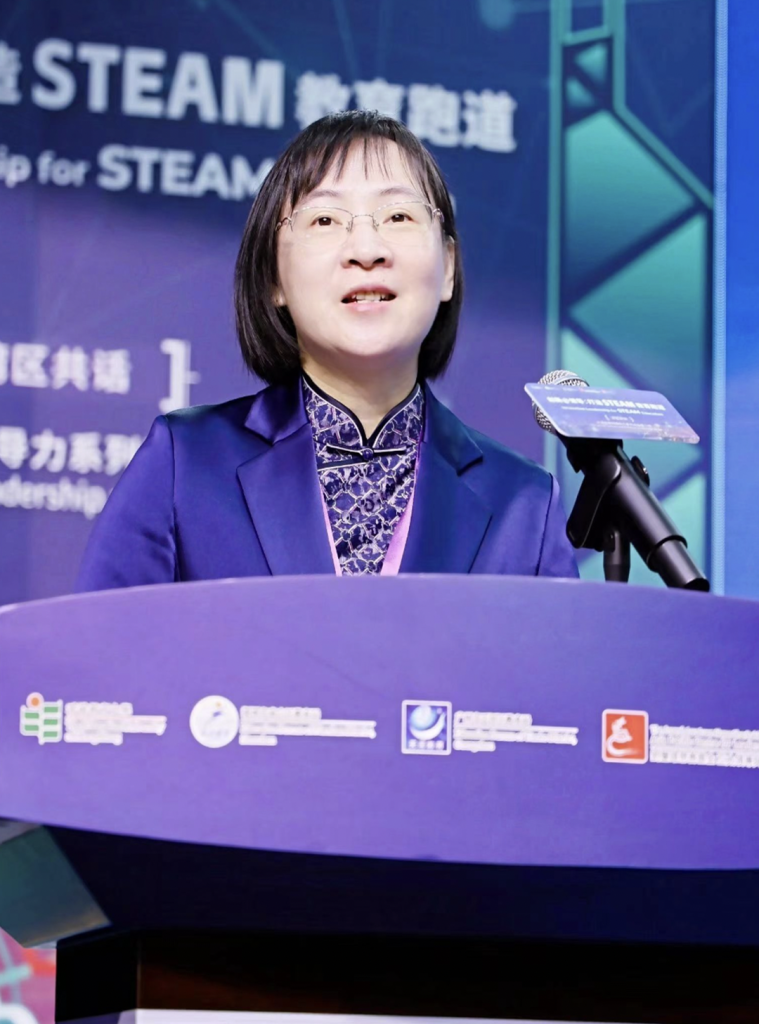
Secretary of the Education Work Committee, Nanshan District Committee of Shenzhen, China

Poet, International Center for Writing, Beijing Normal University, China

Grade 5, Class 10, First Primary School of Ziyun Autonomous County, Anshun City, Guizhou Province, "My Journey of Smart Reading"

Director, Children's Editorial Department, People's Education Press
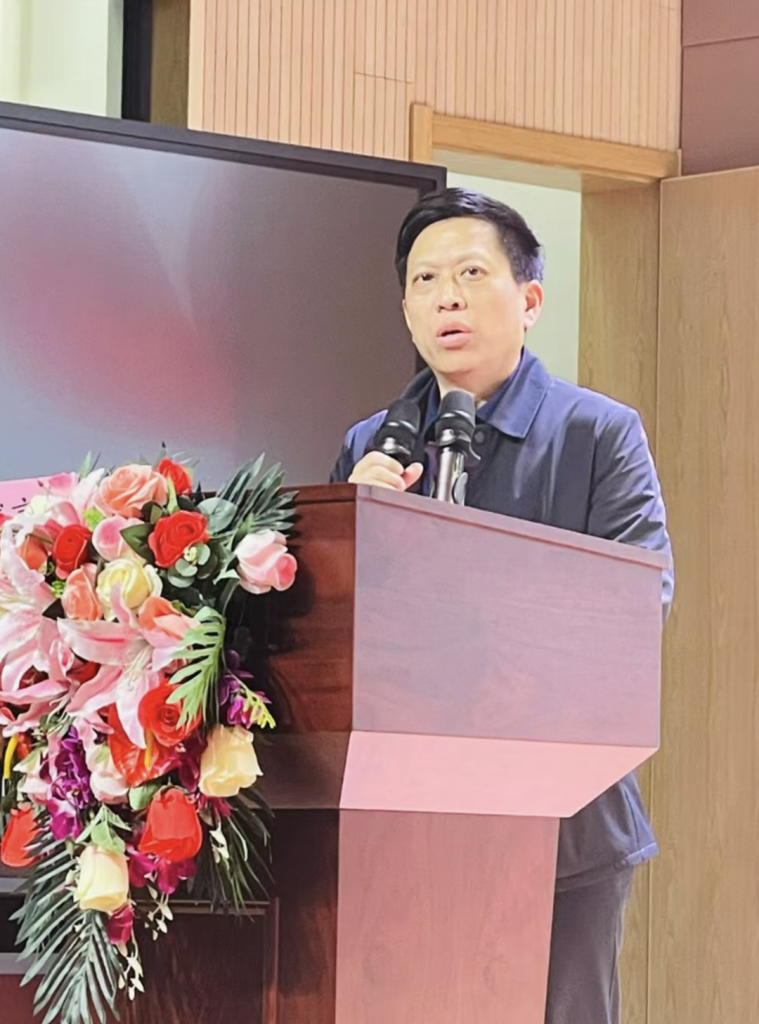
Director, Educational Science Research Office, Jiangning District, Nanjing City, China

Head, the Art Teaching and Research Group at the Feicui City Branch of Beijing Primary School, China

Deputy Director, Zhuji City Education and Sports Bureau, Zhejiang Province, China

Director, Suzhou Industrial Park Education Bureau, China

Deputy Director of Student Work Department, Soochow University

Professor, School of Literature, Shanghai University, Doctoral supervisor, Children's Literature Author
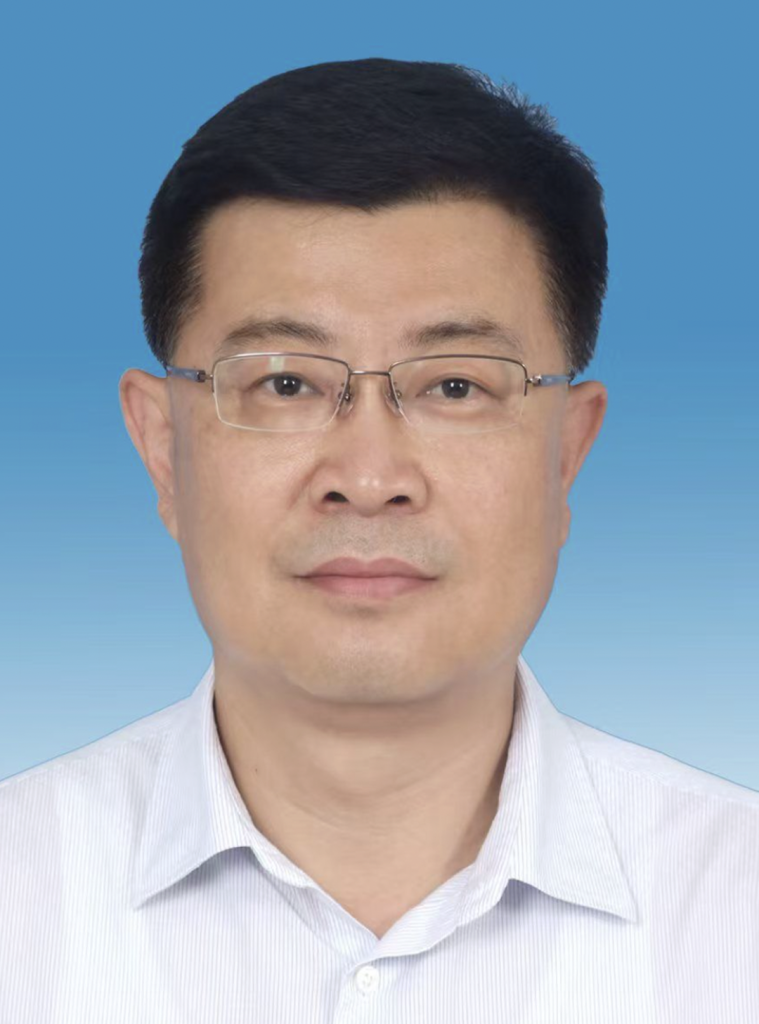
Director, Education and Sports Bureau, Laoshan District, Qingdao
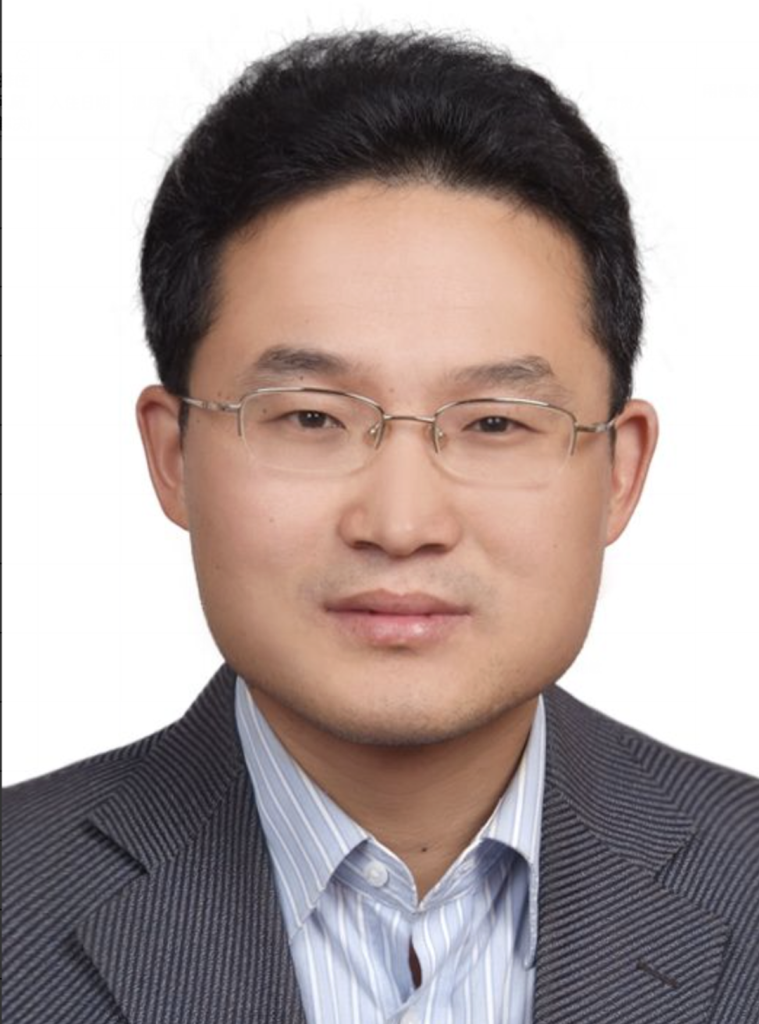
Dean, Graduate School, Communication University of China

Secretary General, National Student Mental Health Work Advisory Committee

Senior Vice President, iFLYTEK
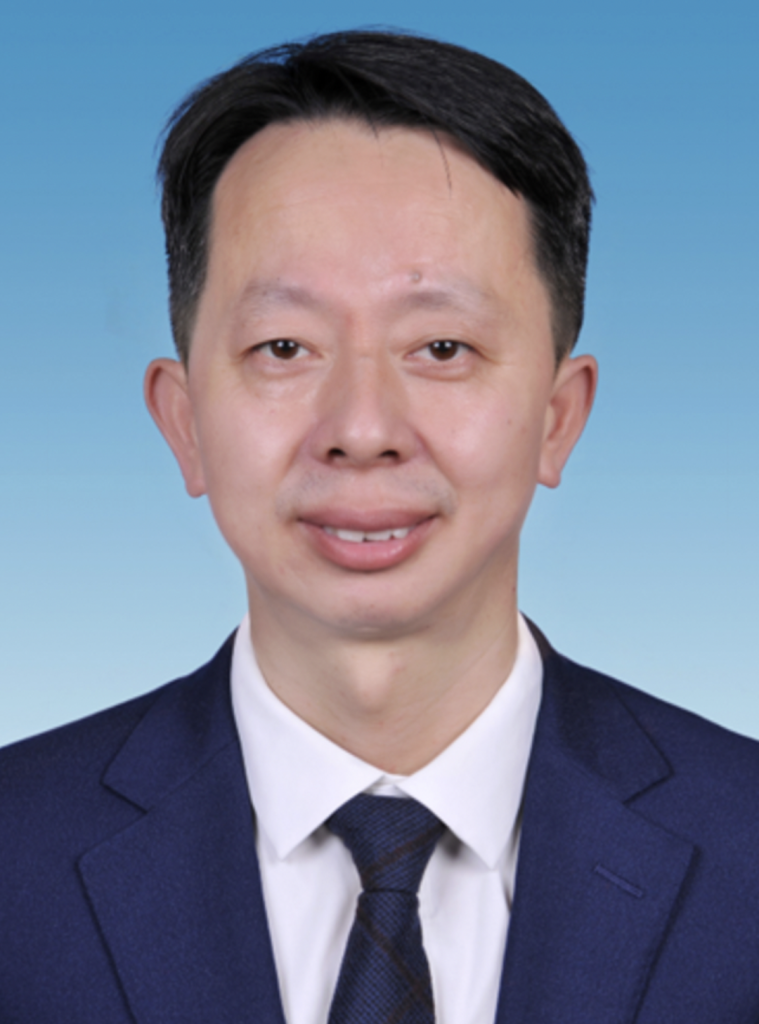
Deputy Director, Changsha Municipal Education Bureau, China

CEO, Luoyang Jingshi Ruidao Intelligent Technology Co. Ltd, China
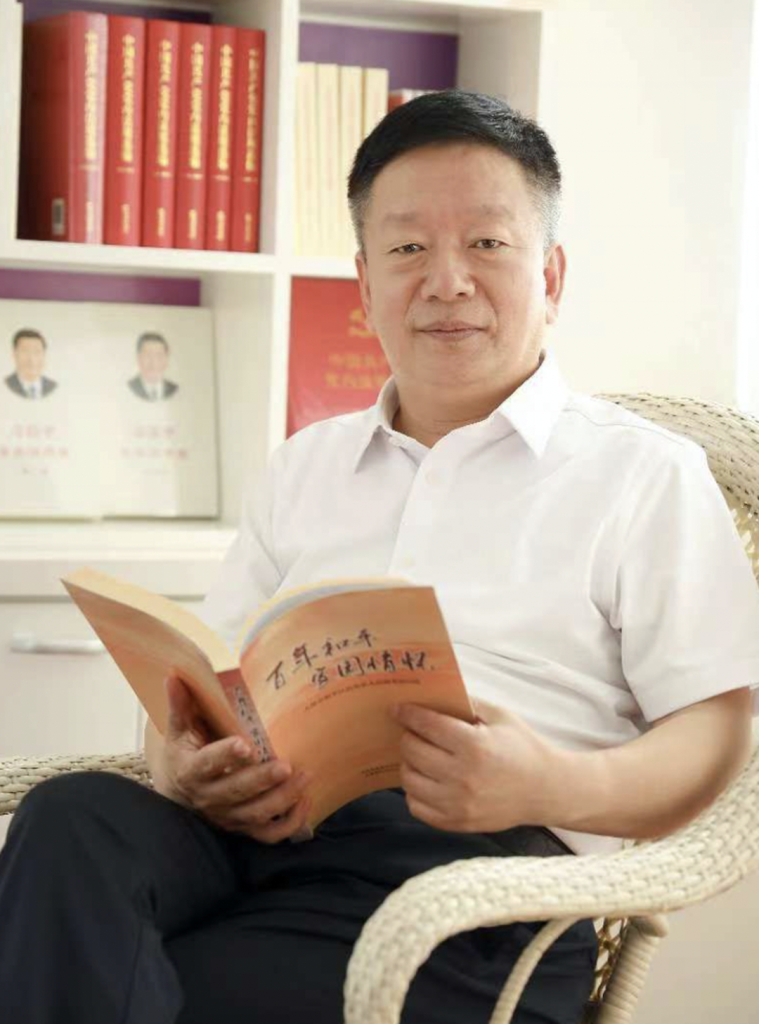
Secretary of the Party Committee & Director, Heping District Education Bureau of Tianjin, China

Young author, Critic

Vice chairman, China Educational Equipment Industry Association school book equipment branch
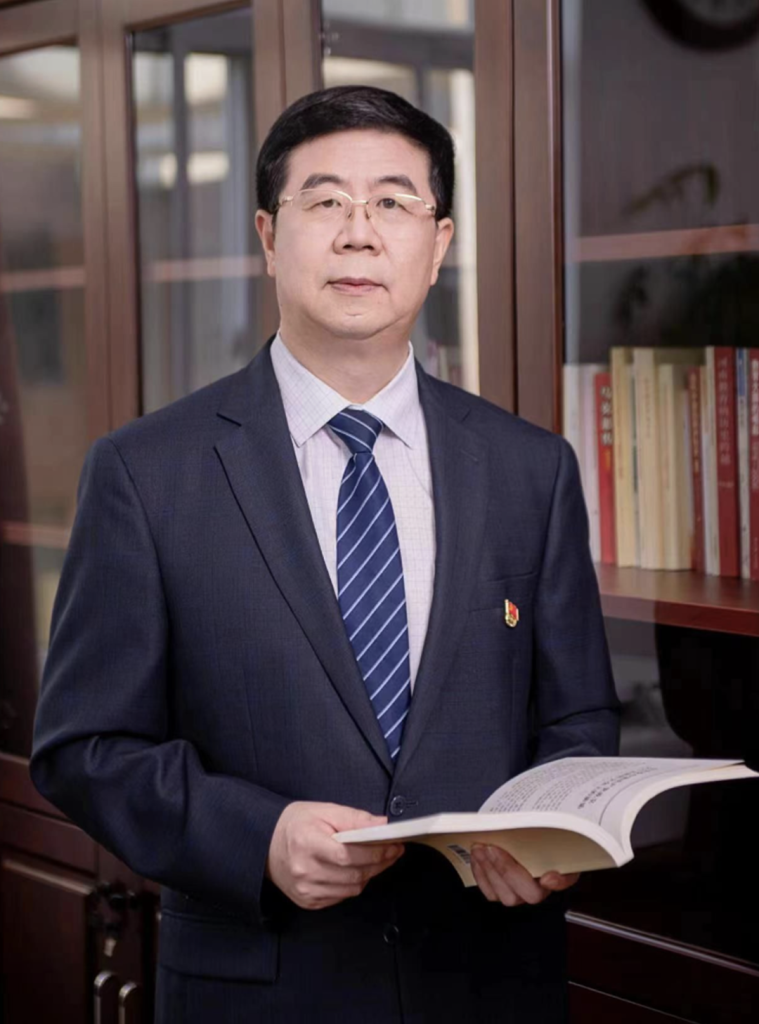
Professor, Henan University, China

Editor/Associate editor, ChineseWriter, Writer, Ethnic Minorities in Guangxi

President, Jiangsu Academy of Educational Science, China

President, Shanghai University of Sport, China

Professor, Beijing Normal University, China
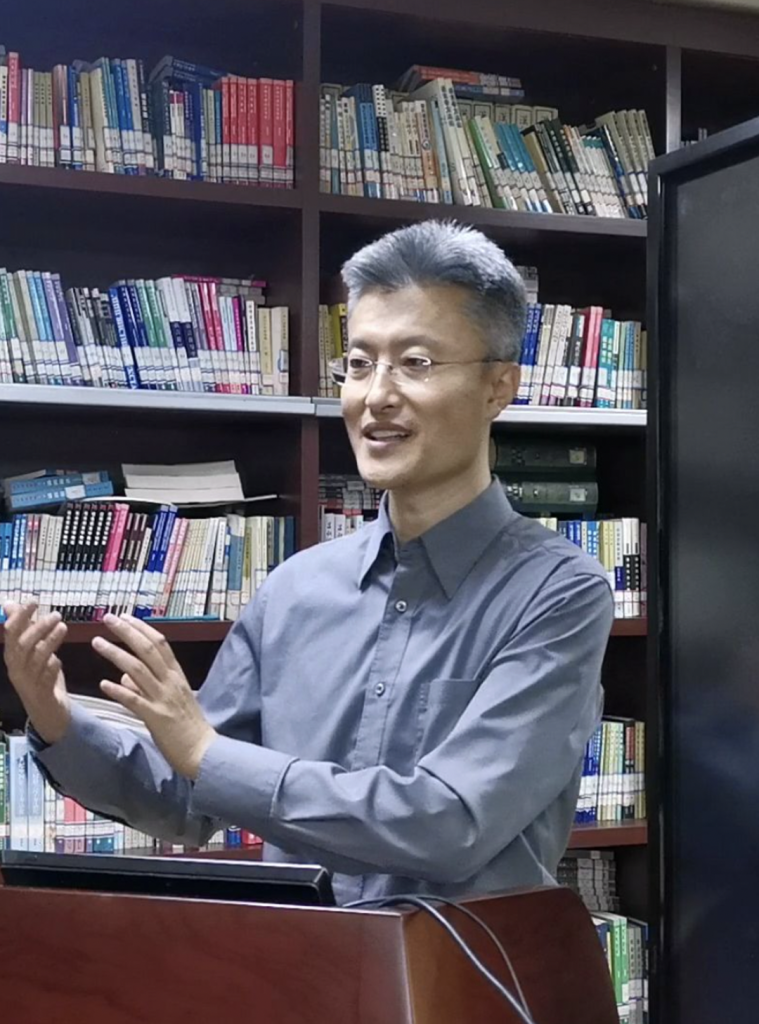
Party Committee Secretary, Broadcasting and Anchoring School, Communication University of China
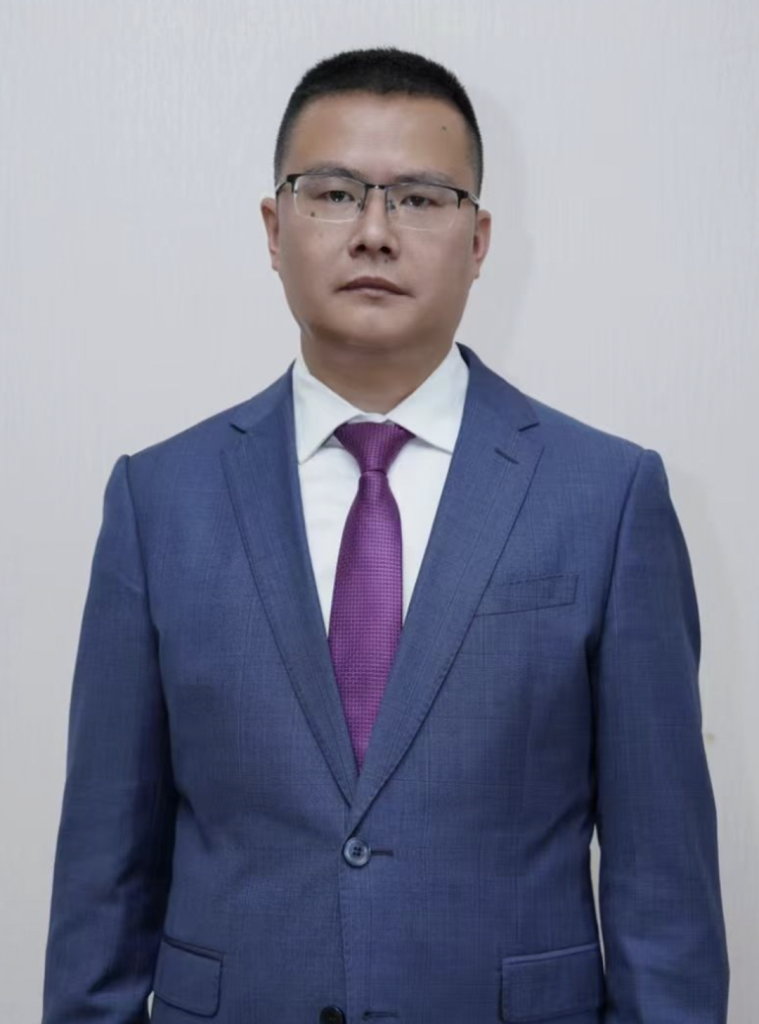
Secretary, Shuangliu Middle School, Sichuan Province, China

Capital Normal University, China
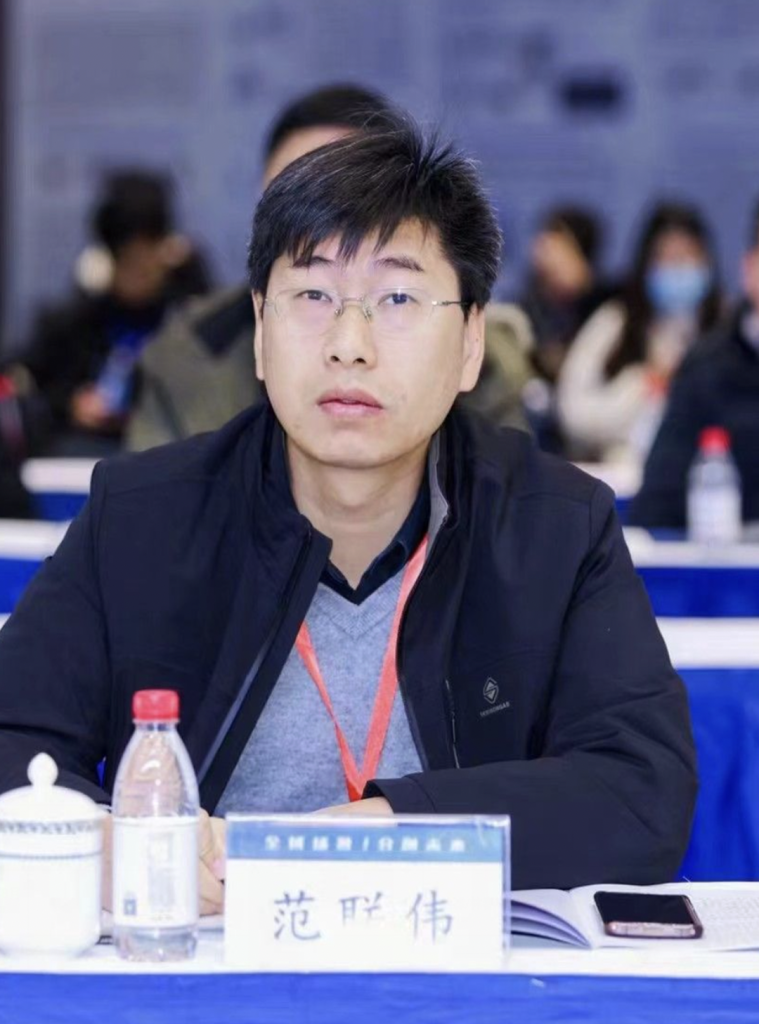
Deputy Chief Engineer, Data Space Research Institute of the Hefei Comprehensive National Science Center; Deputy Director, Health Big Data Research Center
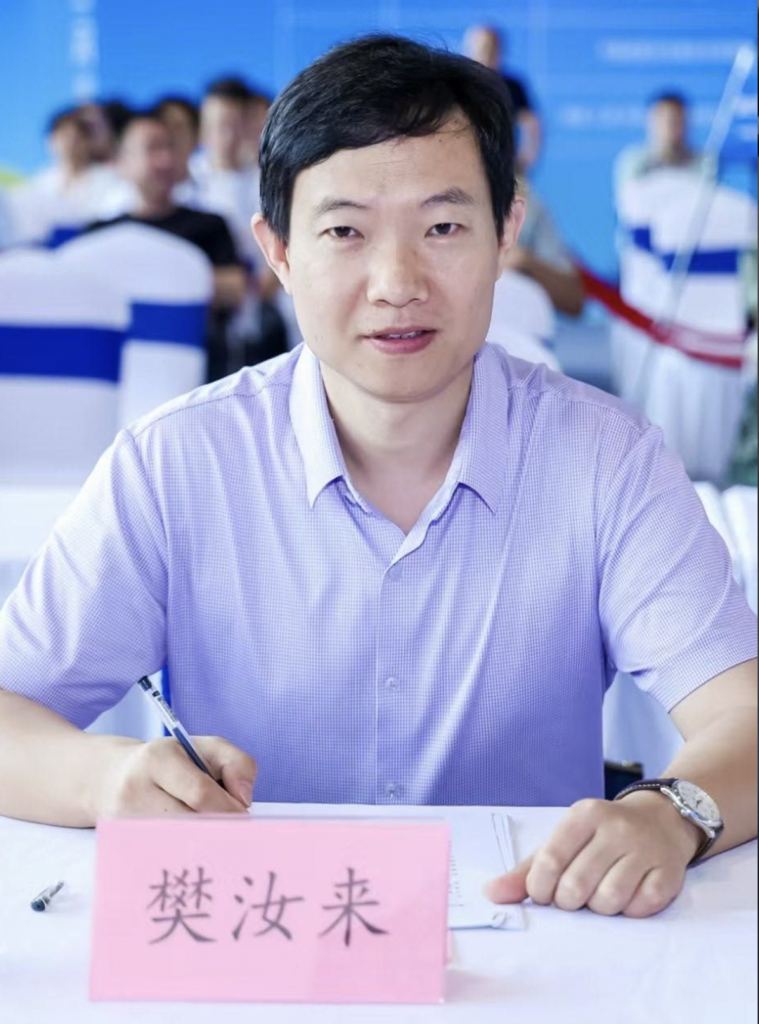
Director, Department of Library and Reading, Center for Educational Technology and Resource Development, Ministry of Education, P.R.China

Vice Dean, Chinese Academy of Press and Publication
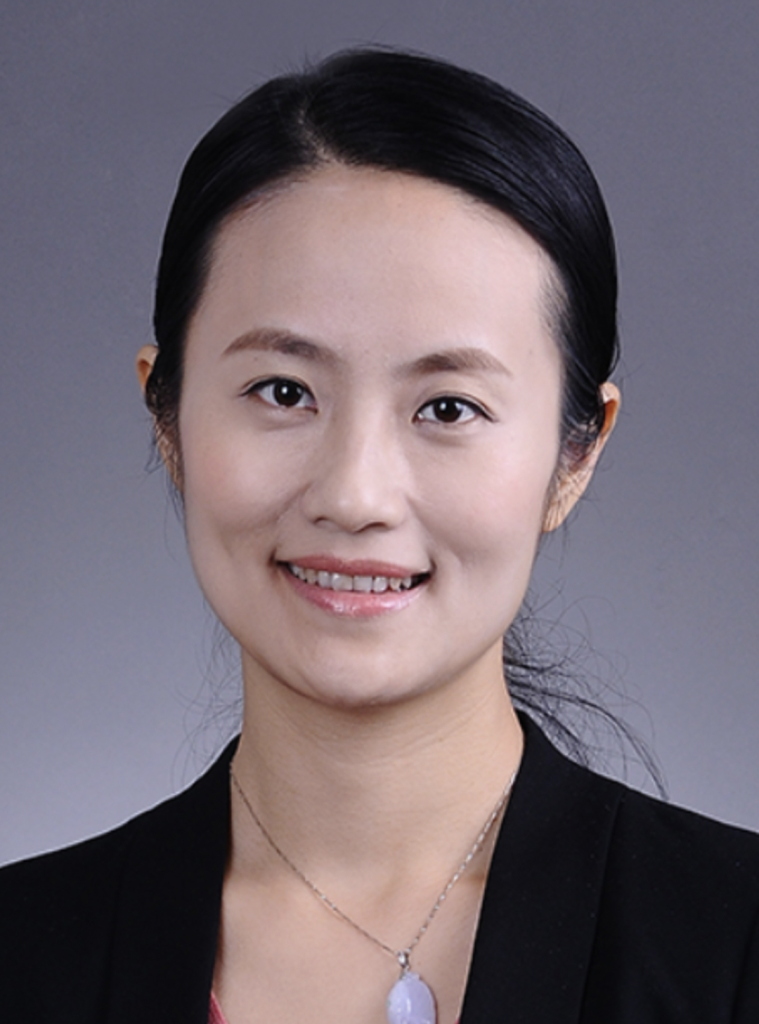
Professor, Institute of Special Education, Faculty of Psychology, Beijing Normal University

Deputy Director, Education and Technology Bureau of Ziyun Miao and Buyi Autonomous County, Guizhou Province, China
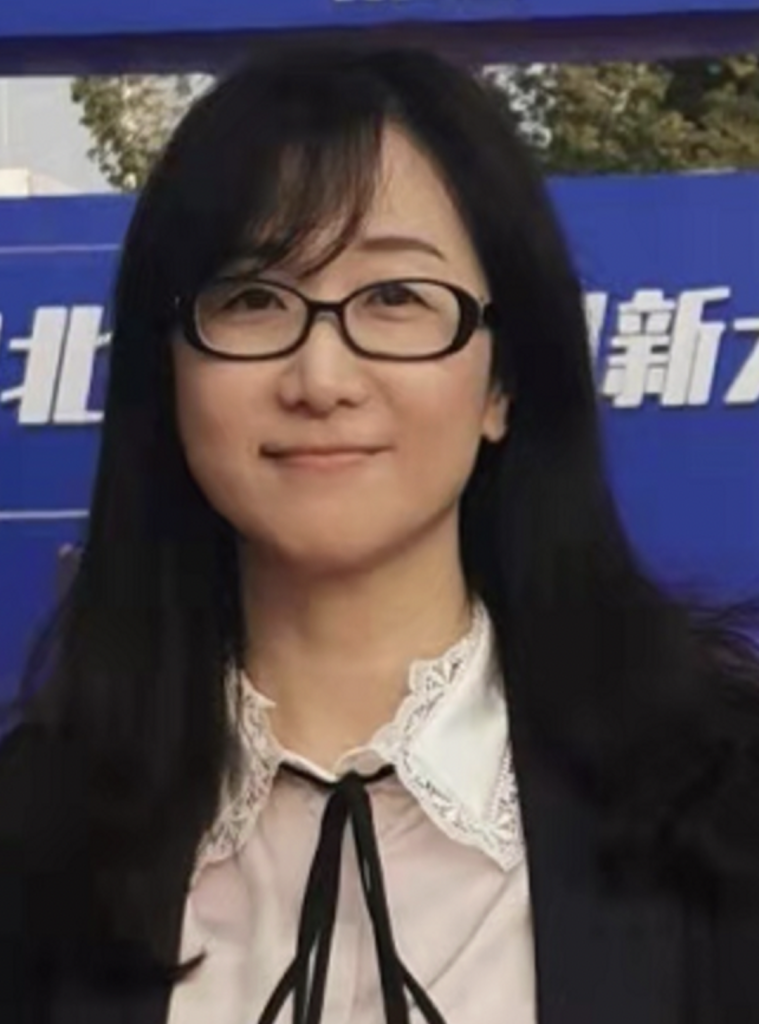
Central China Normal University, China

Professor, Beijing Normal University, China

President, Changsha Municipal Institute of Education Science, Hunan Province, China


Deputy Director, Department of Science and Technology, Capital Normal University, China

Chief Physician, Tianjin Orthopedic Hospital, China
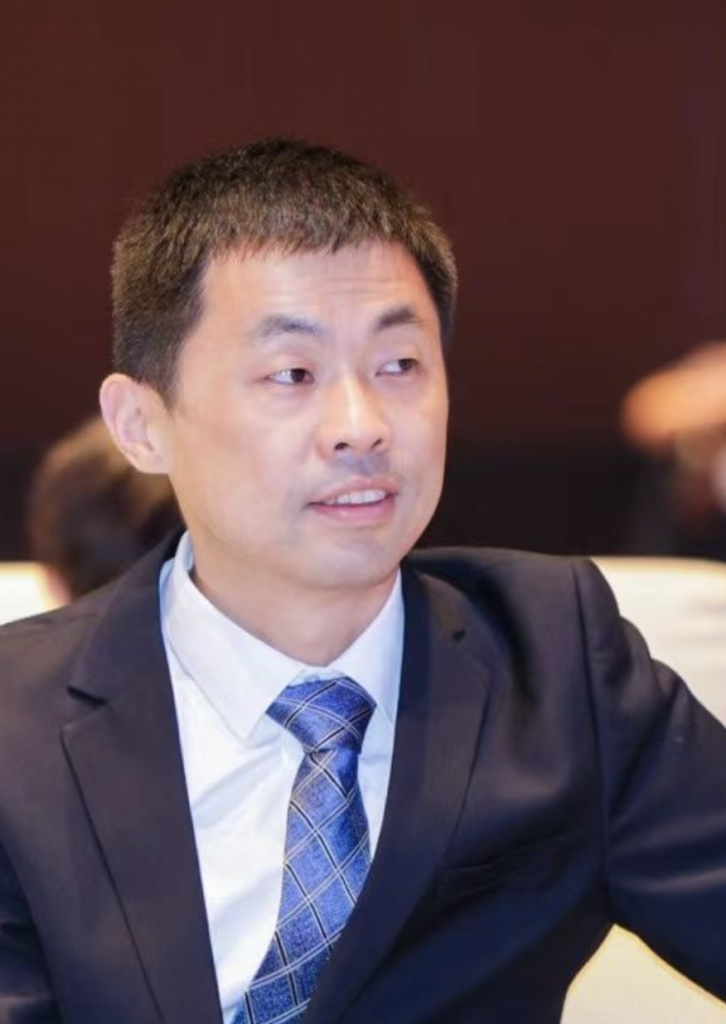
Vice Dean, Faculty of Education, Beijing Normal University, China

Dean, School of Educational Technology, Faculty of Education, Beijing Normal University, China

Vice Dean, School of Artificial Intelligence, Beijing Normal University, China

Professor at Jiangsu Normal University

Executive Secretary General, Virtual Simulation Experiment Teaching Innovation Alliance, China



Dean, School of Data Science and Engineering, East China Normal University, China

Executive Vice President of China Education Equipment Research Institute

Information Technology Department, Hanyang District Teaching Research and Training Center, Wuhan, China

Professor; Deputy Director, Educational Informatization Strategy Research Base (Beijing), Ministry of Education, P.R.China

Party Committee Secretary, Jinan Information Engineering School, China

Vice President, The Open University of China

AgentLand Laboratory Manager, Tsinghua Shenzhen International Graduate School, China

Principal, Xingyuan Primary School, Liangjiang New District, Chongqing City, China

Principal, Tianfu New District No.7 Primary School, Chengdu City, Sichuan Province, China
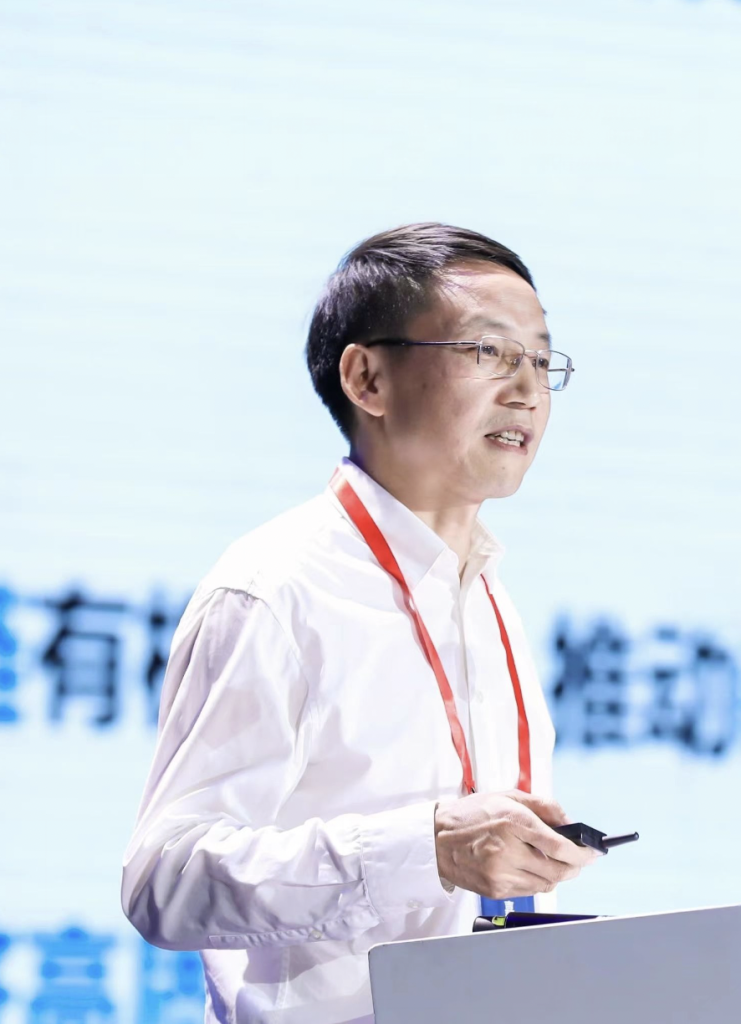
Institute of Higher Education, Beijing Normal University, China

Vice President, Huazhong University of Science and Technology, China

Ethnic High School, Guizhou Ziyun Autonomous County, China

Director, Informatization Office, Tsinghua University, China

Senior Vice President, NetDragon Websoft Inc., China

Senior Vice President of NetDragon Websoft Inc., China; Chairman of Fujian Huayu (China); Chairman of Fuzhou Software Technology Vocational College, China

Founder and CEO, Digital Campus, OUR SCHOOL, China

President, Hailiang Technology Group, China

General Manager, Education Industry Business, Tencent Cloud, China
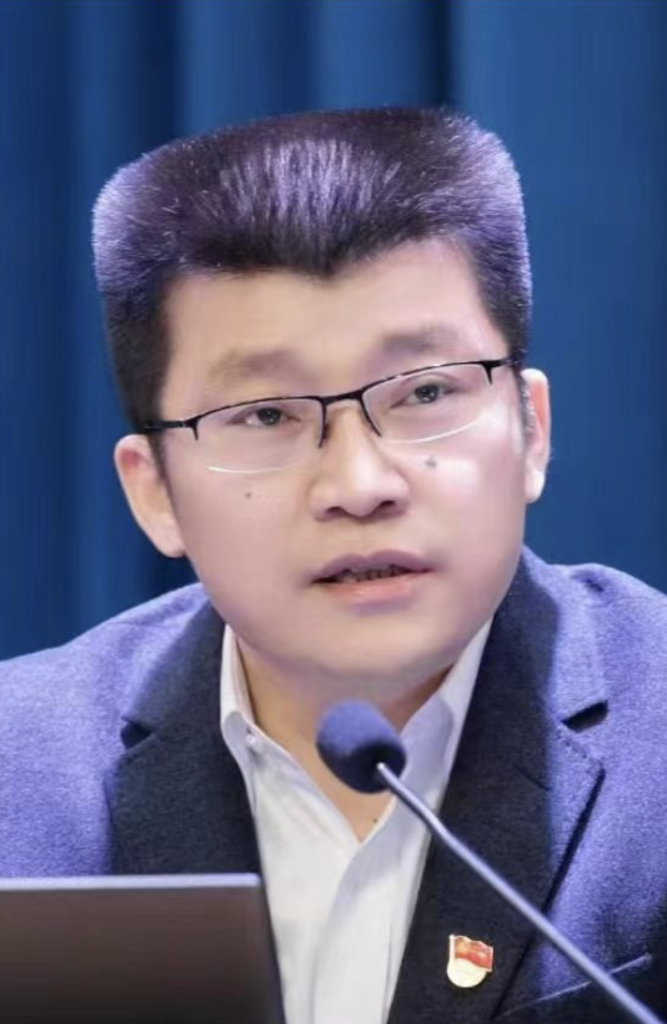
Director, the Education Bureau of Xiaoshan District, Hangzhou City, Zhejiang Province, China

SDU-ANU Joint Science College, Shangdong University, China

Director, Center for Educational Technology and Resource Development, Ministry of Education, P.R.China

Deputy Director, Steering Committee on Teaching Informatization and Teaching Method Innovation for Higher Education Institutions, Ministry of Education, P.R.China
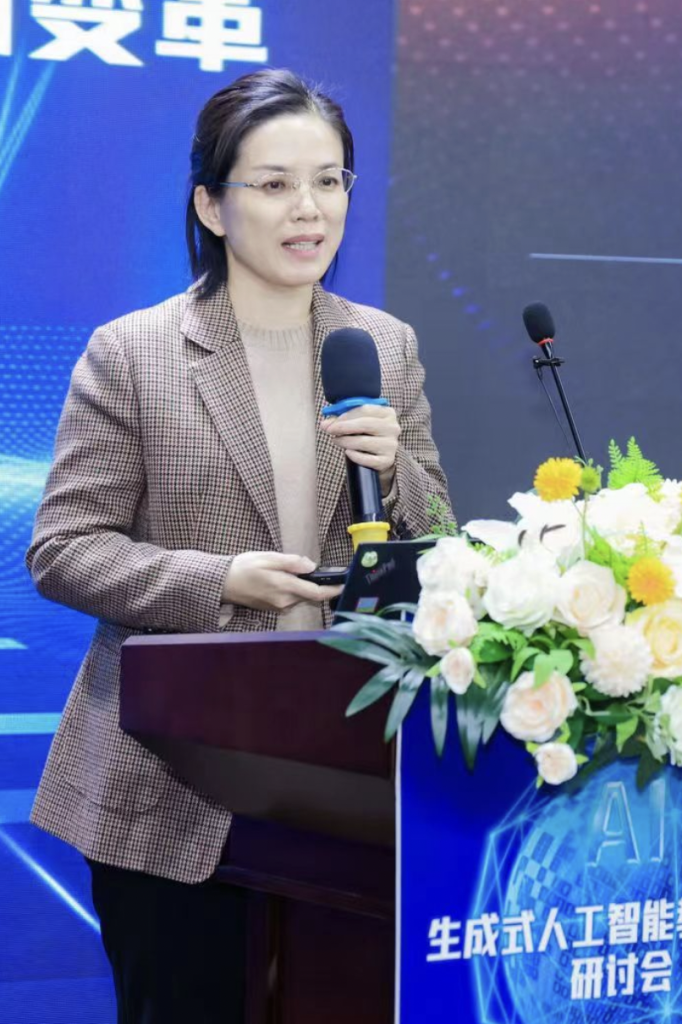
Director, Changning District Education Bureau, Shanghai City, China
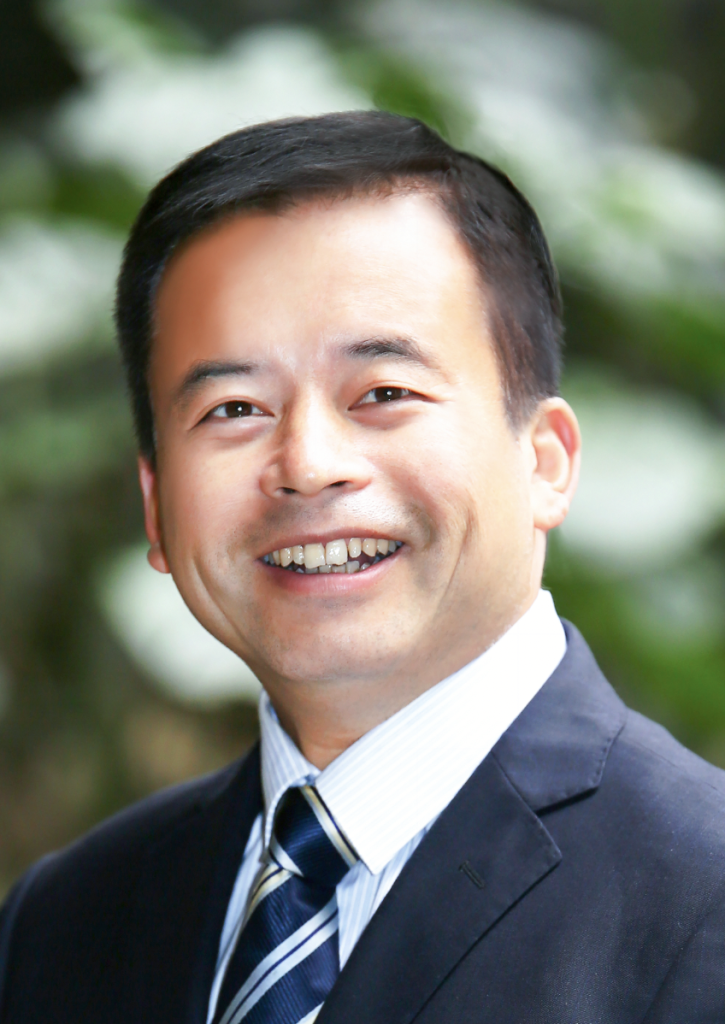
Director, Yuzhong District Education Commission, Chongqing City, China

Director, Beijing Digital Education Center, China

Principal, Yinchuan Kindergarten, Beijing Normal University, China

Professor, Nanjing University, China

Principal, Guanggu No.1 Primary School, Wuhan City, Hubei Province, China

Vice President, Xidian University, China

President, Guangdong Polytechnic, China

Chief Editor, Higher Education Press, China
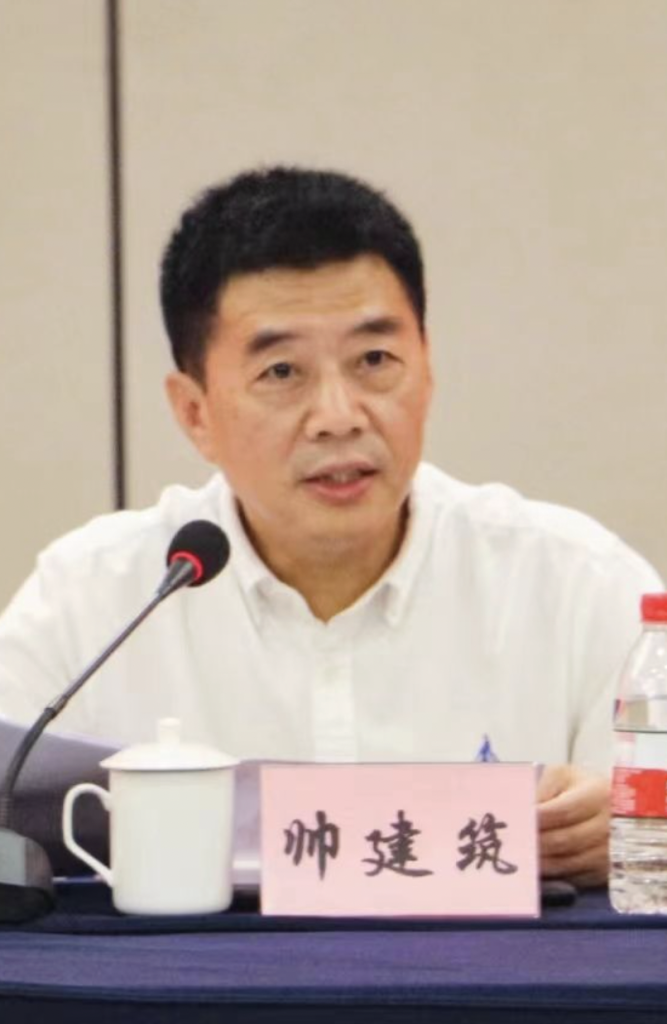
Chairman, Federation of Returned Overseas Chinese, Lin’an District, Hangzhou City, Zhejiang Province, China

Chief Executive Officer, Kingsha, China

Principal, Tangjiawan Middle and Primary School, Xiling District, Yichang City, Hubei Province, China

Vice Dean, Institute of Artificial Intelligence Education, South China Normal University, China

Principal, Longhua Central Primary School, Longhua District, Shenzhen City, China

Faculty of Education, Beijing Normal University, China

Director, Education and Sports Bureau, Nancheng County, Fuzhou City, Jiangxi Province, China

Secretary-General of the National Technical Committee for Standardization of Educational Equipment, China

Former Deputy Director, Bureau of Education of Changsha Municipality, Hunan Province, China

Director, Chongqing Liangjiang New Area Education Burea, Chongqing City, China
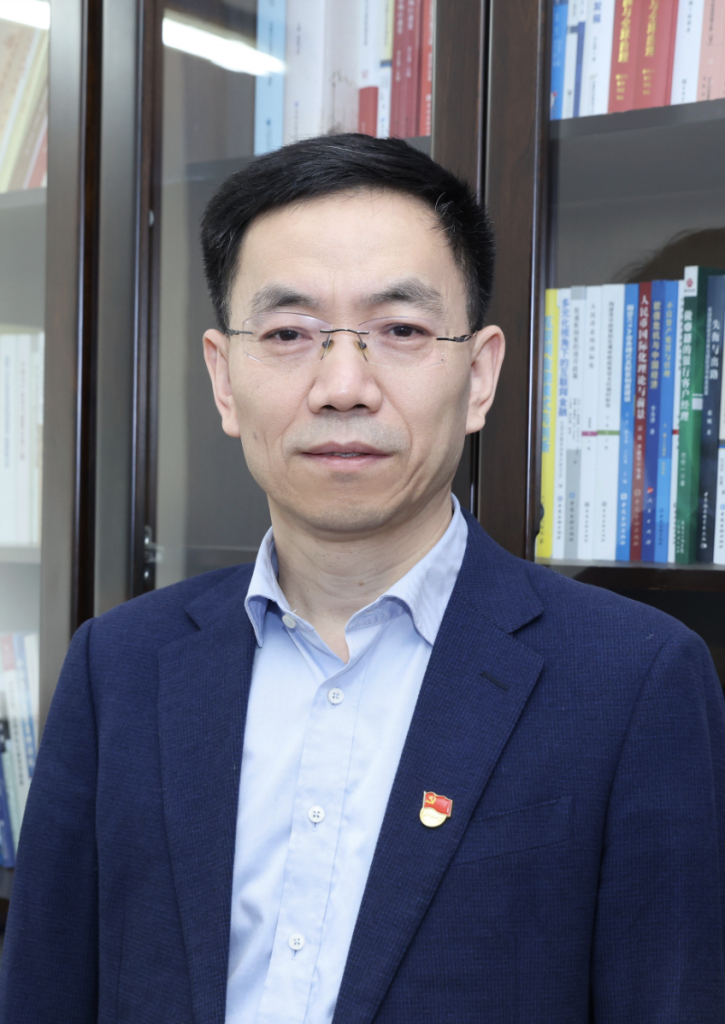
Vice President, Central University of Finance and Economics, China

Deputy Secretary-General, China Audio-Video and Digital Publishing Association

Director, Operation and Maintenance Center, Sichuan Provincial Education Informationization and Big Data Center, China
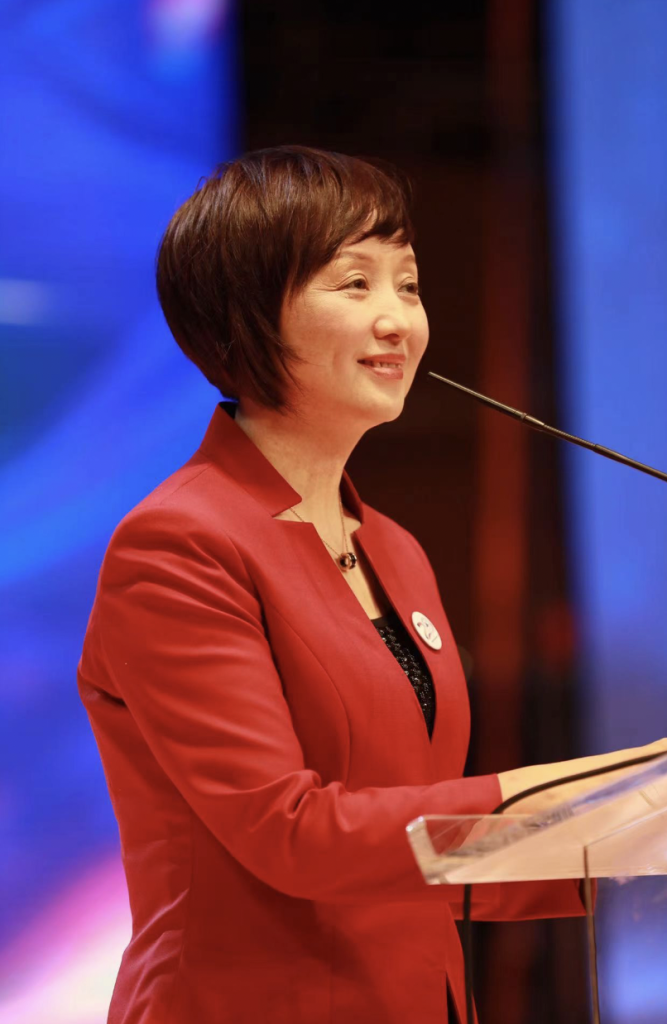
Dean, Shanghai Pudong Institute of Education Development, China

Principal, Lijia Experimental Primary School, Liangjiang New Area, Chongqing City, China

Principal, Hangzhou TianShui Kindergarten, Zhejiang Province, China

Executive Vice Dean, Institute of Artificial Intelligence Education, South China Normal University, China
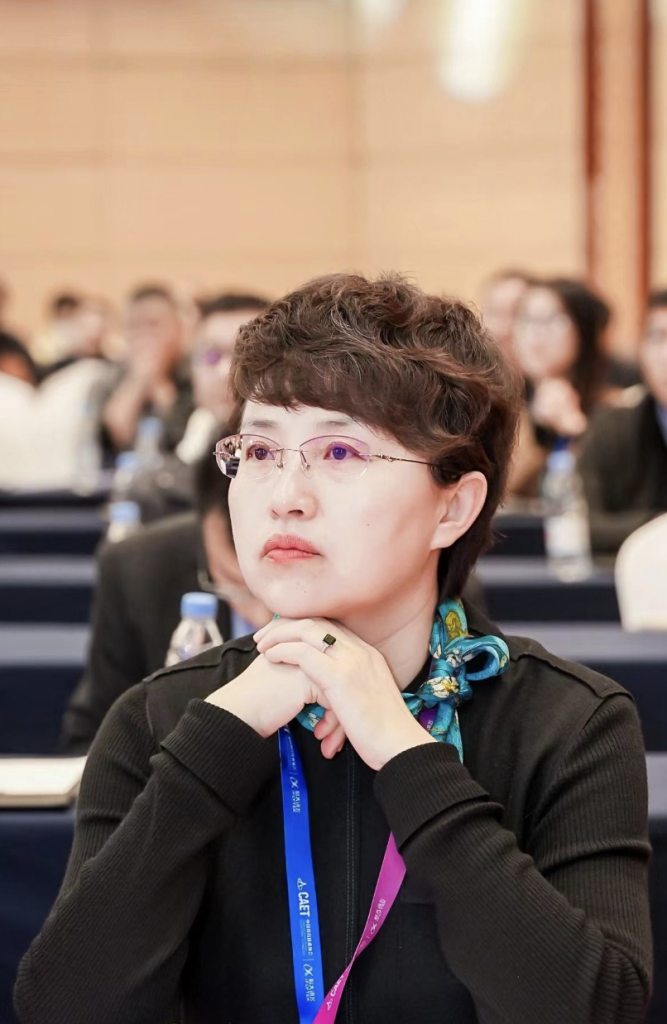
School of Educational Technology, Northwest Normal University, China

Director, Department of Education Information Technology, East China Normal University, China
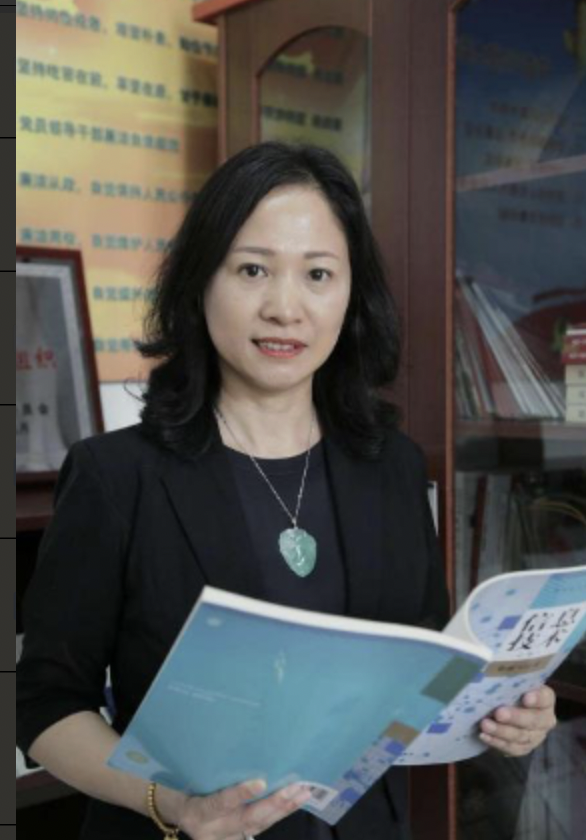
Deputy Director, Center for Educational Technology and Informatization Research, Tianjin Academy of Educational Science, China
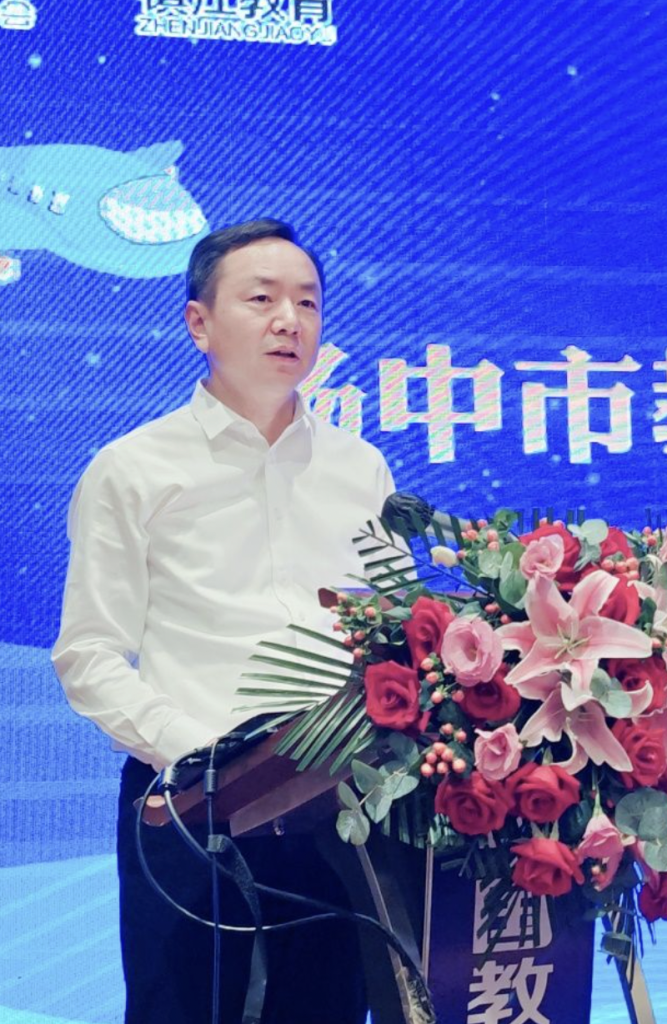
Director, the Education Bureau of Yangzhong City, Jiangsu Province, China

Principal, Xinpu Central Primary School, Mian County, Hanzhong City, Shaanxi Province, China
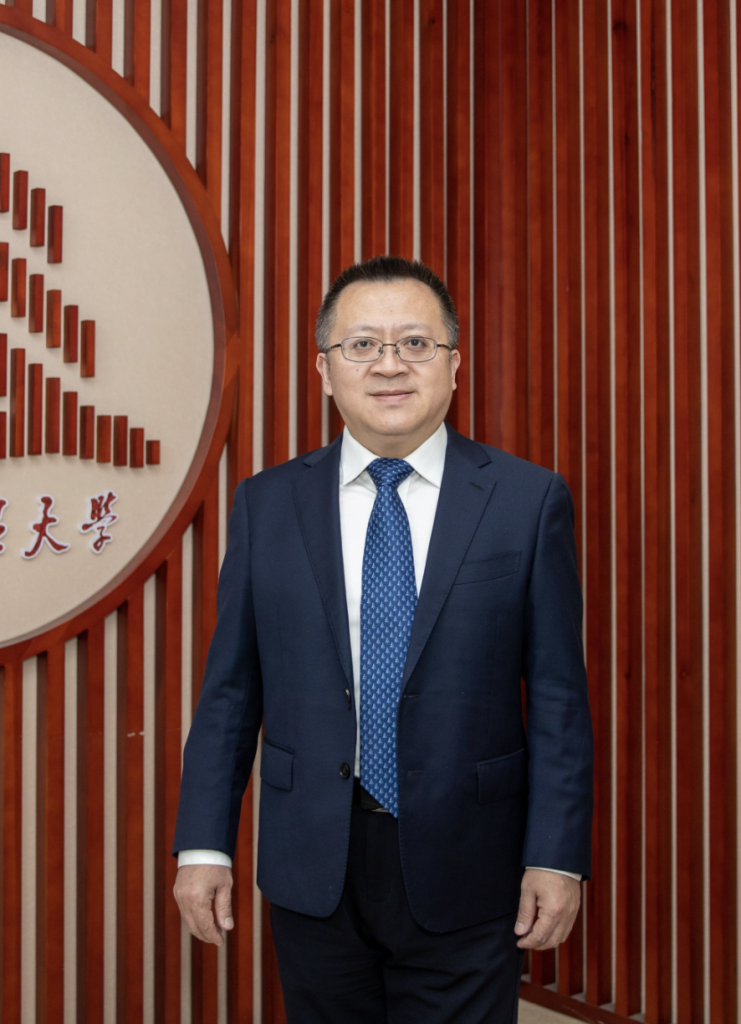
Vice President, Beijing Forestry University, China

Professor, Zhejiang University, China

Deputy Director, Education Management Information Center, Ministry of Education, P.R.China

Principal, Mingda High School, Changsha City, Hunan Province, China

Assistant Researcher, Collaborative Innovation Centre of Assessment for Basic Education Quality, China

Post-Doctorate of Beijing Normal University

Post-doctorate, Beijing Normal University, China

Chief Editor of China Education Daily, Special Issue on Informatization and Smart Education, China
9:00 - 12:30 Opening Ceremony & Forum on Educational Digitalization and Lifelong Learning
14:00 - 18:30 Forum on Data Governance and Cognitive Development
14:00 - 18:30 Forum on Generative Artificial Intelligence and Futures of Education
14:00 - 18:30 Forum on Educational Digitalization Strategy and Policy Planning
9:00 - 12:30 Forum on the New Ecology of Regional Smart Education
9:00 - 12:30 Forum on Generative AI Large Models and Psychological Assessment
9:00 - 12:30 Forum on New Teaching and Learning Model Integrating Information Technology
14:00 - 18:30 Forum on the Digital Transformation of Regional Education
14:00 - 18:30 Forum on Information Technology-supported Innovative Comprehensive Evaluation of Students
14:00 - 18:30 Forum on Youth Skills Development and Digital Transformation
9:00 - 12:30 Forum on Teacher Digital Competences and Innovative Talent Cultivation Model
9:00 - 12:30 Forum on Digital Campus and Intelligent Educational Equipment
9:00 - 16:30 Forum on Smart Village and Rural Education Transformation
14:00 - 16:30 Student Forum on Design for Future Education
14:00 - 16:30 Teacher Forum on Innovative Practice of Smart Education
14:00 - 18:30 Forum on Technology-Empowered Educational Transformation & Closing Ceremony
Address:
No.2, Manjing Road, Shahe Town, Changping District, Beijing